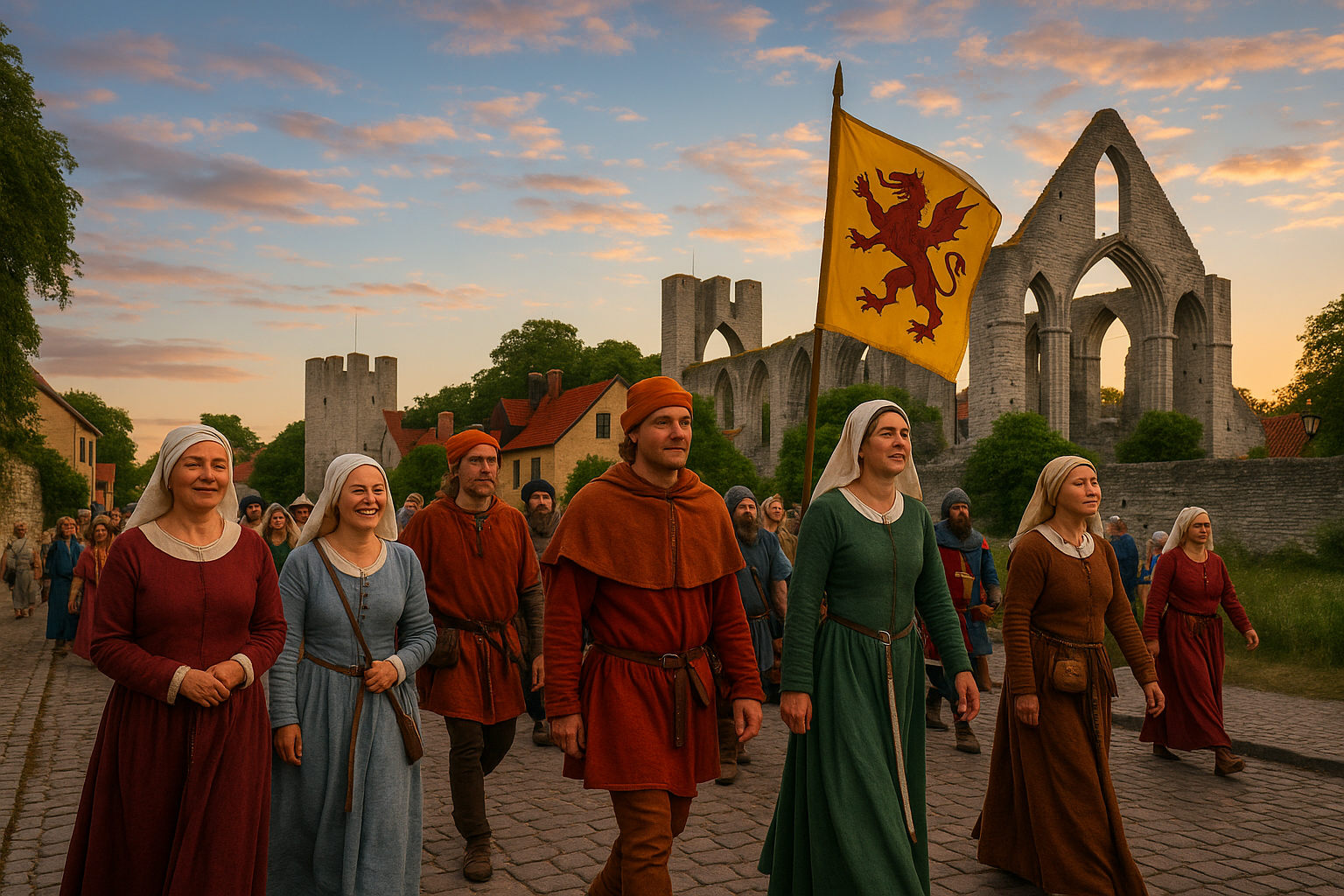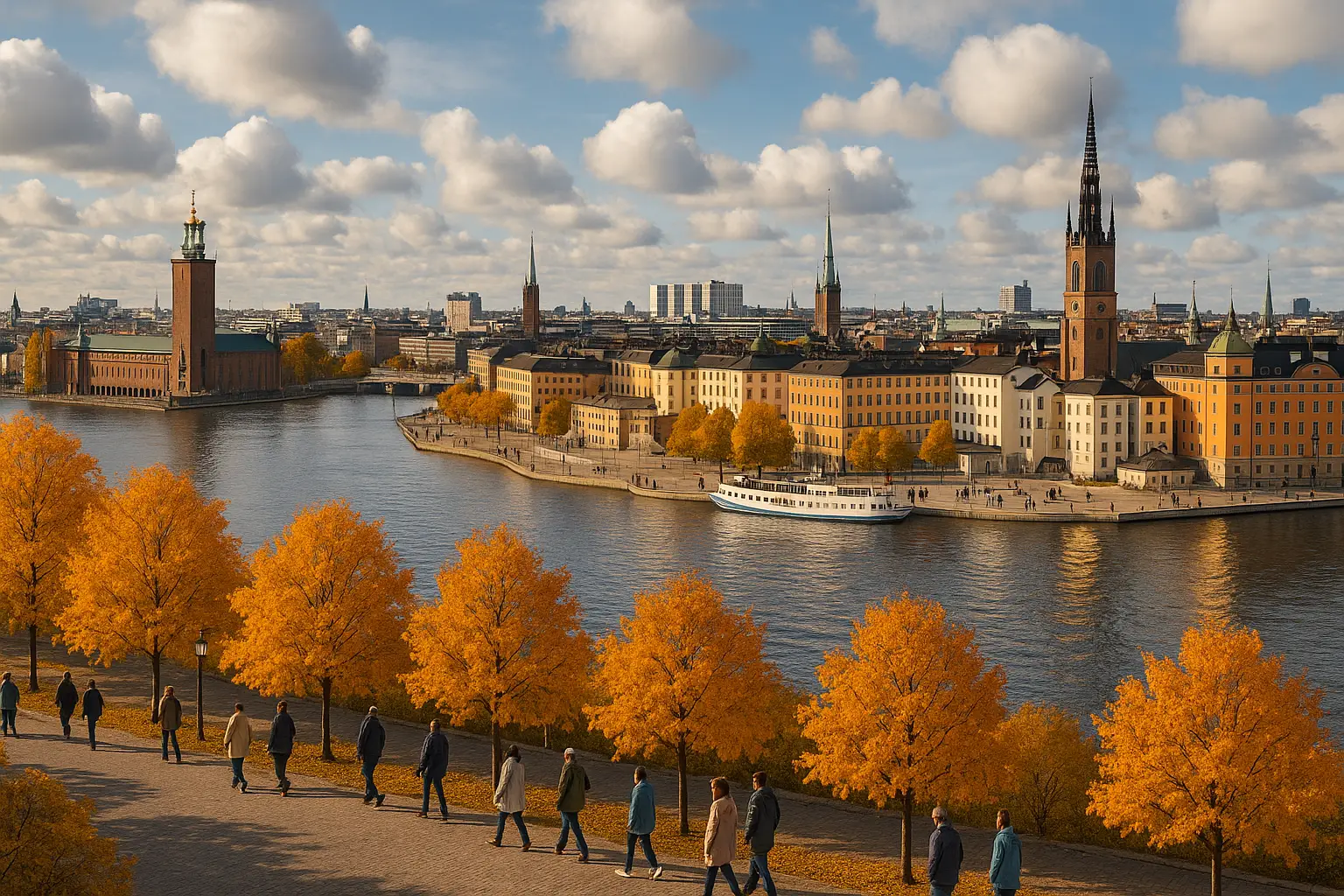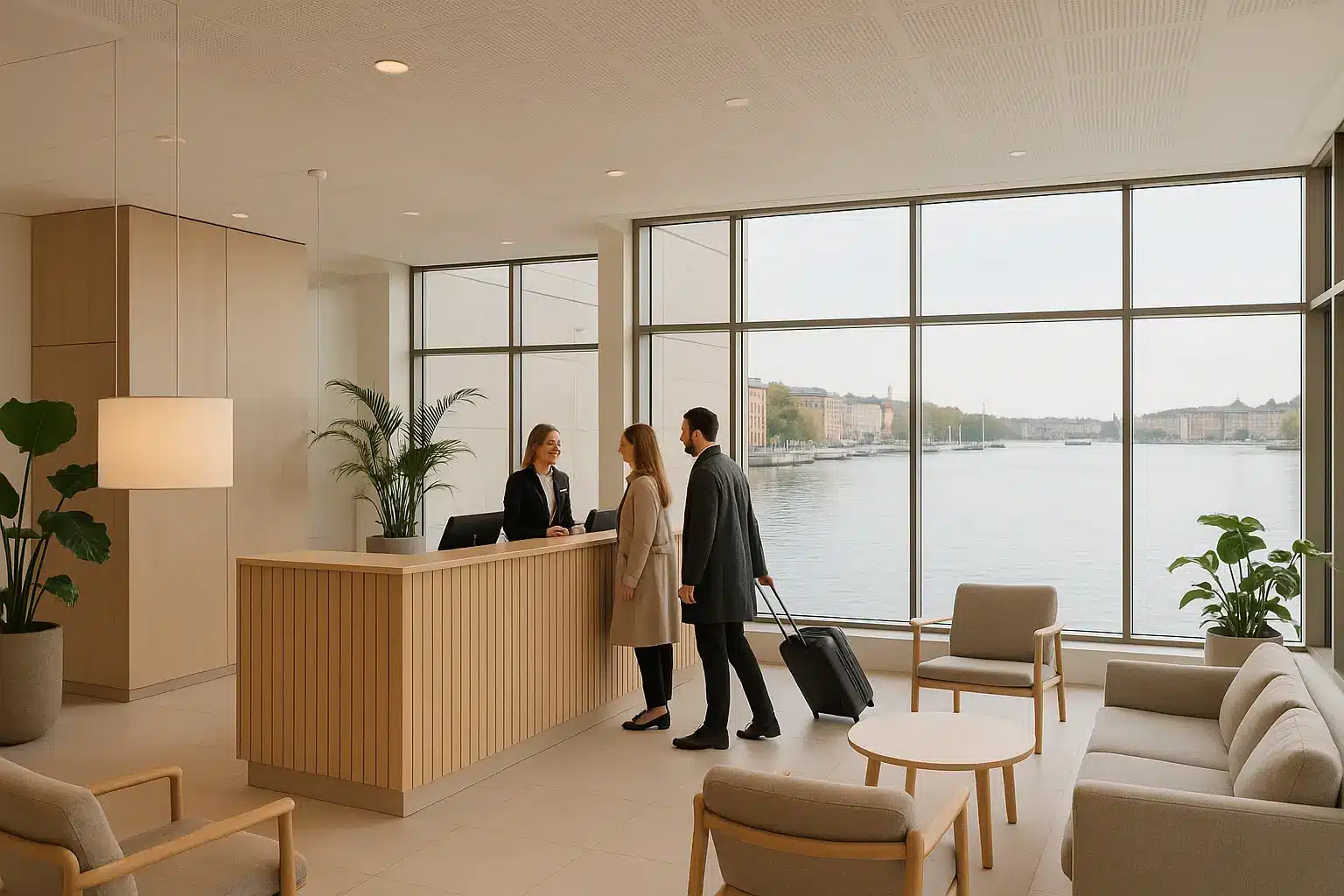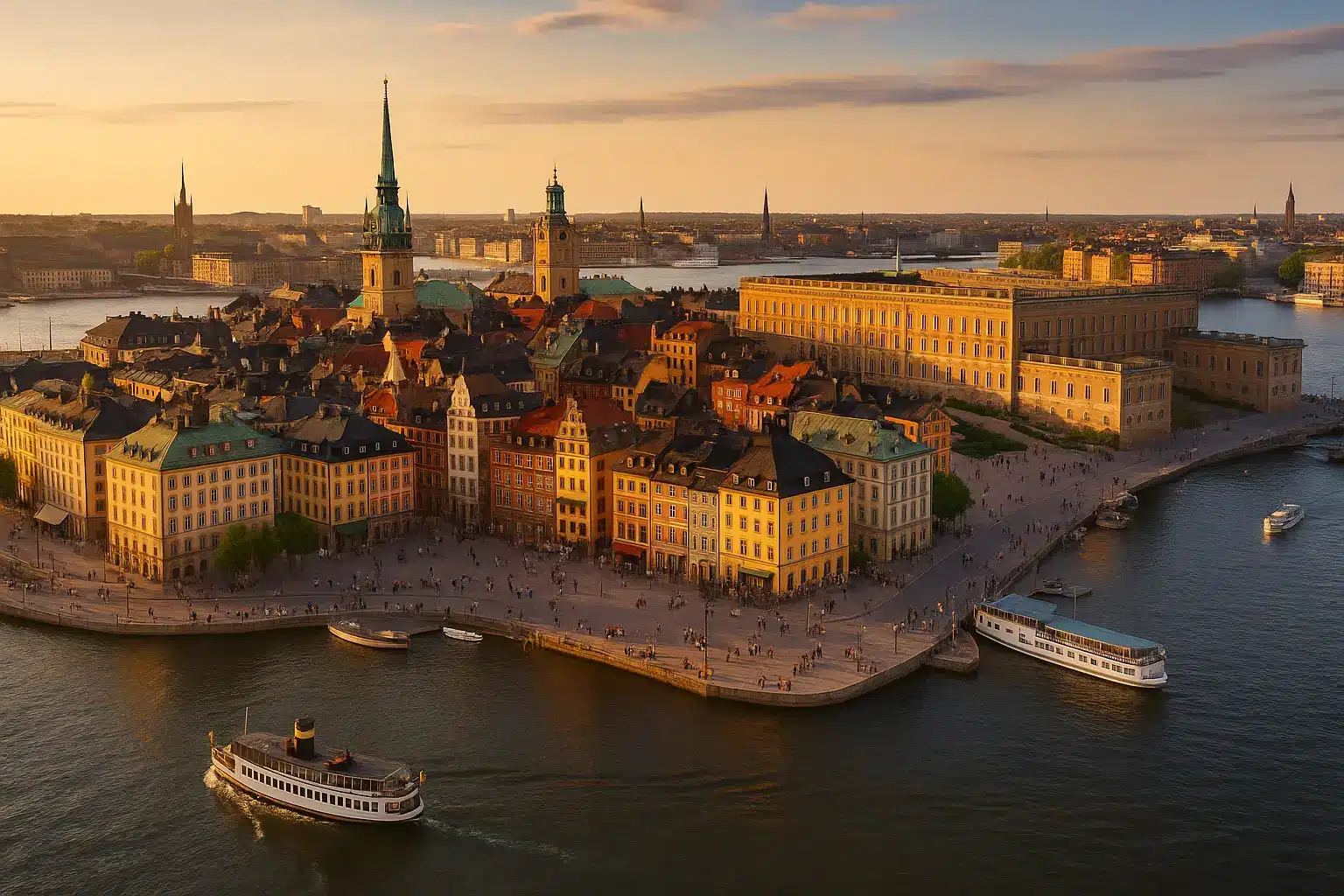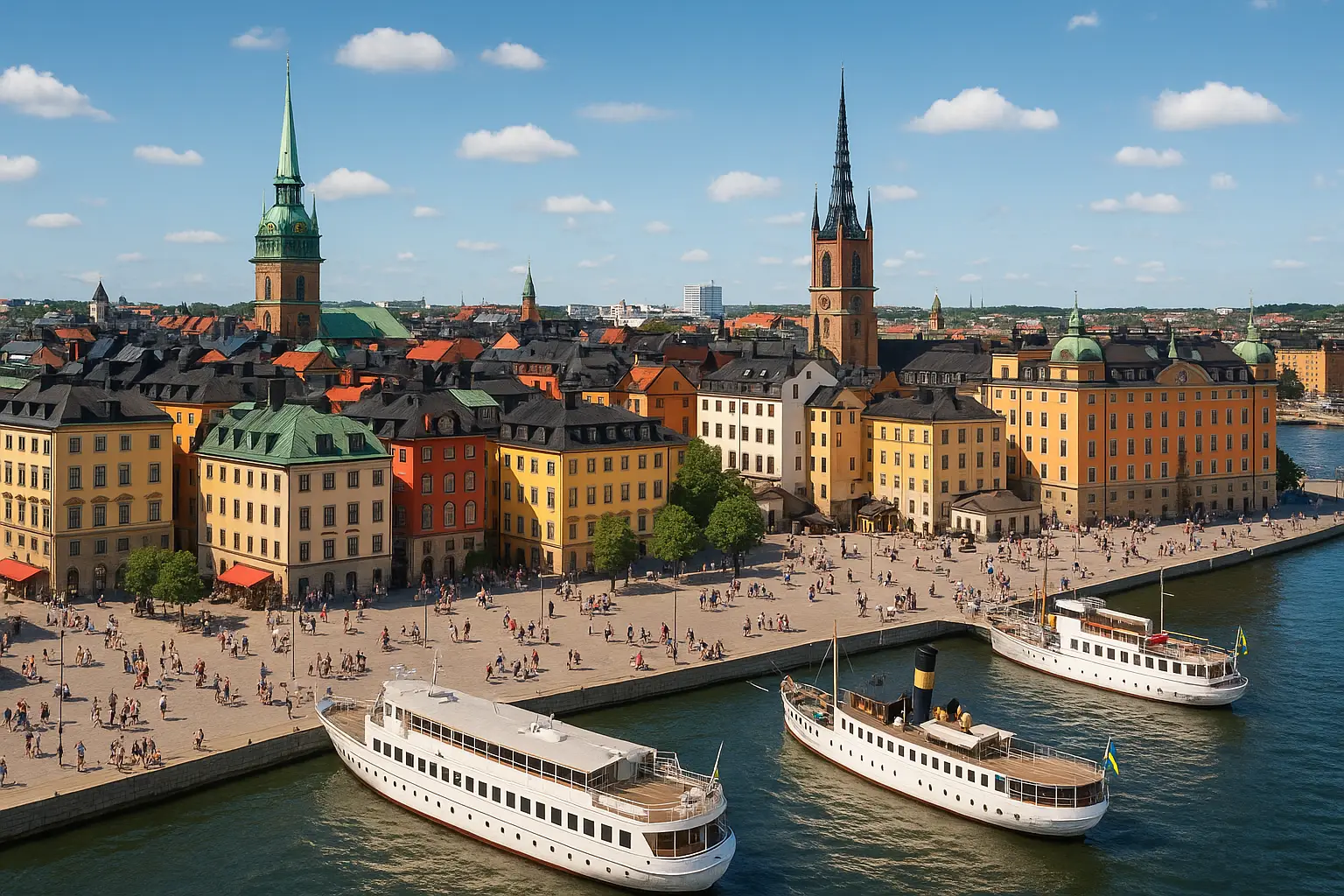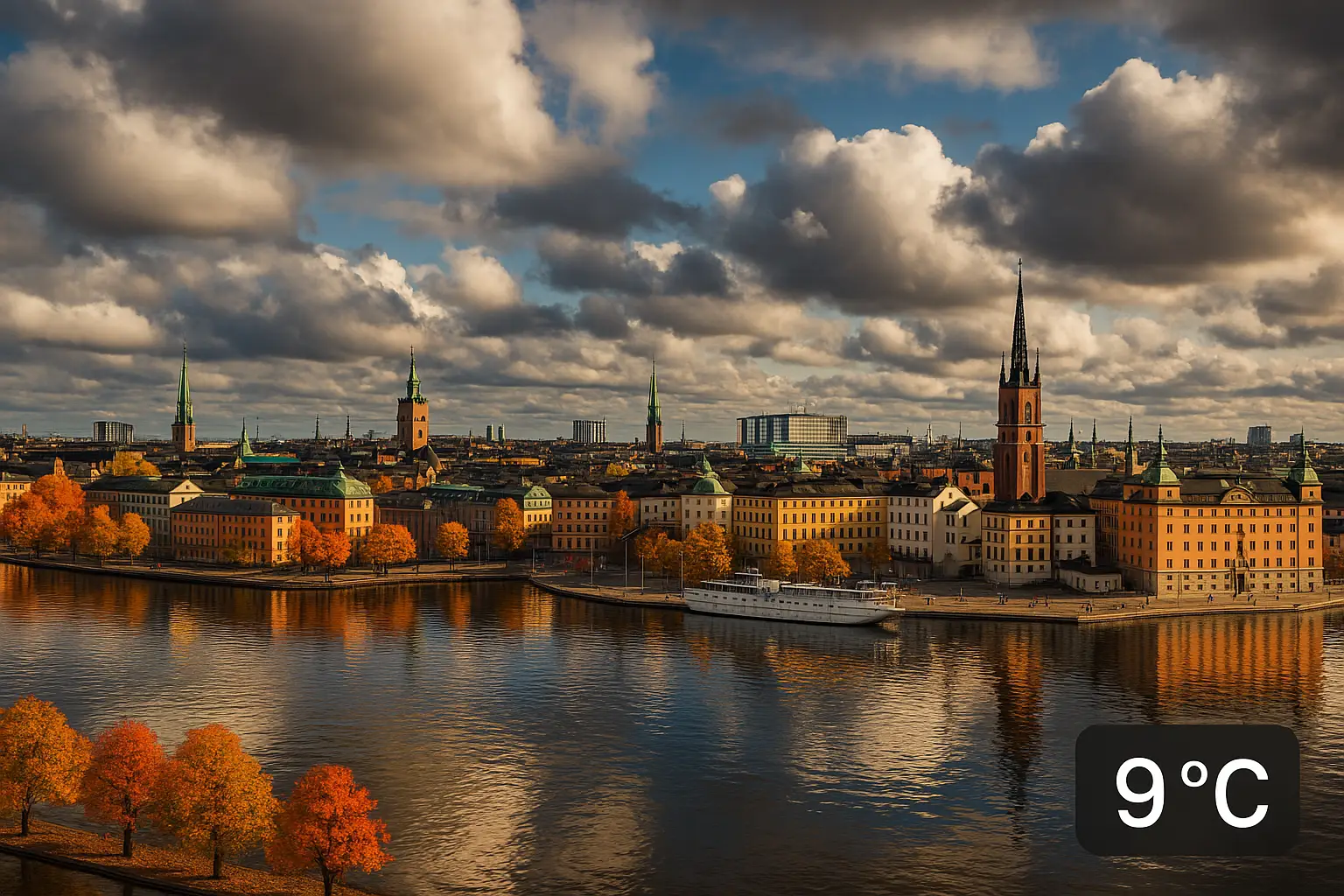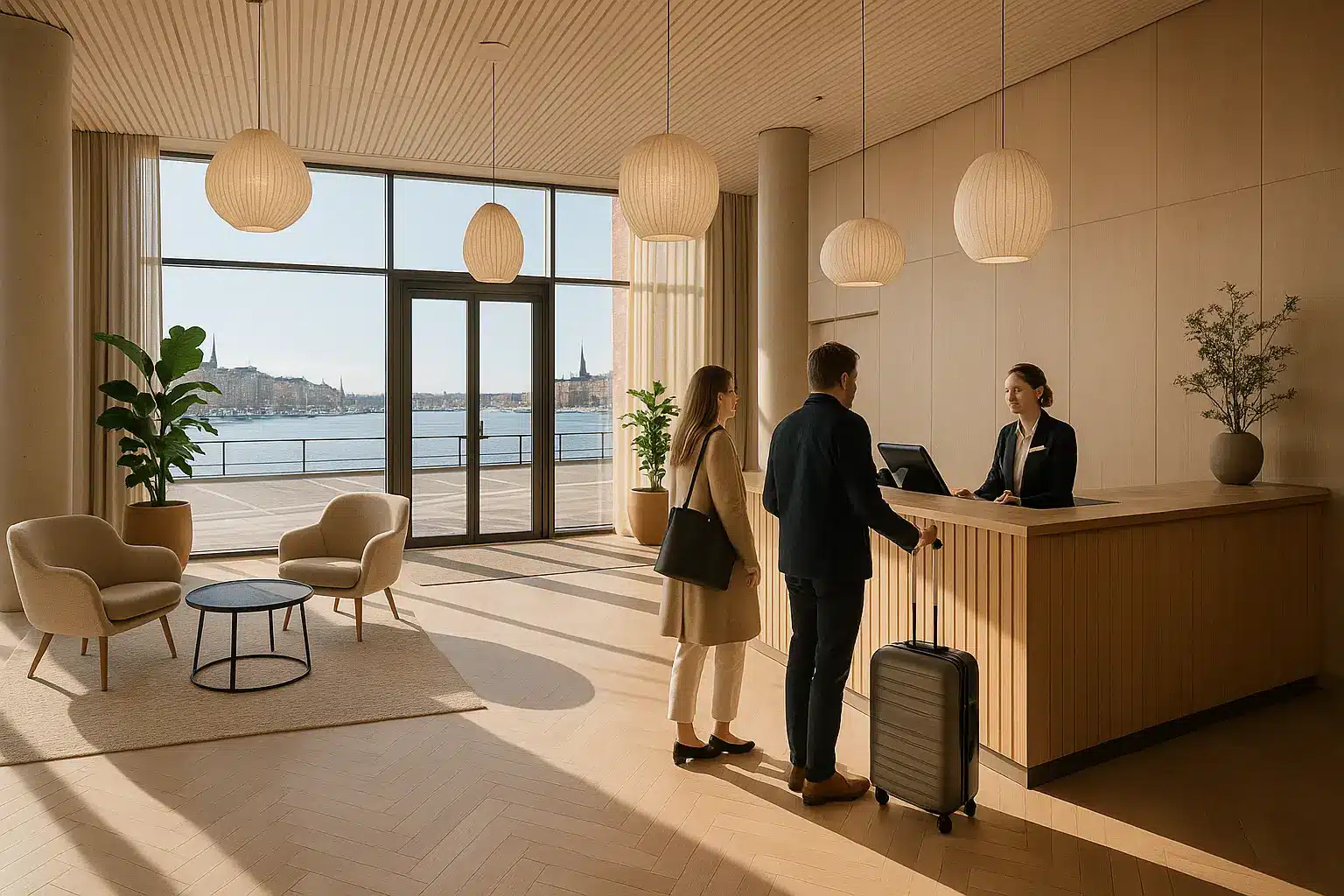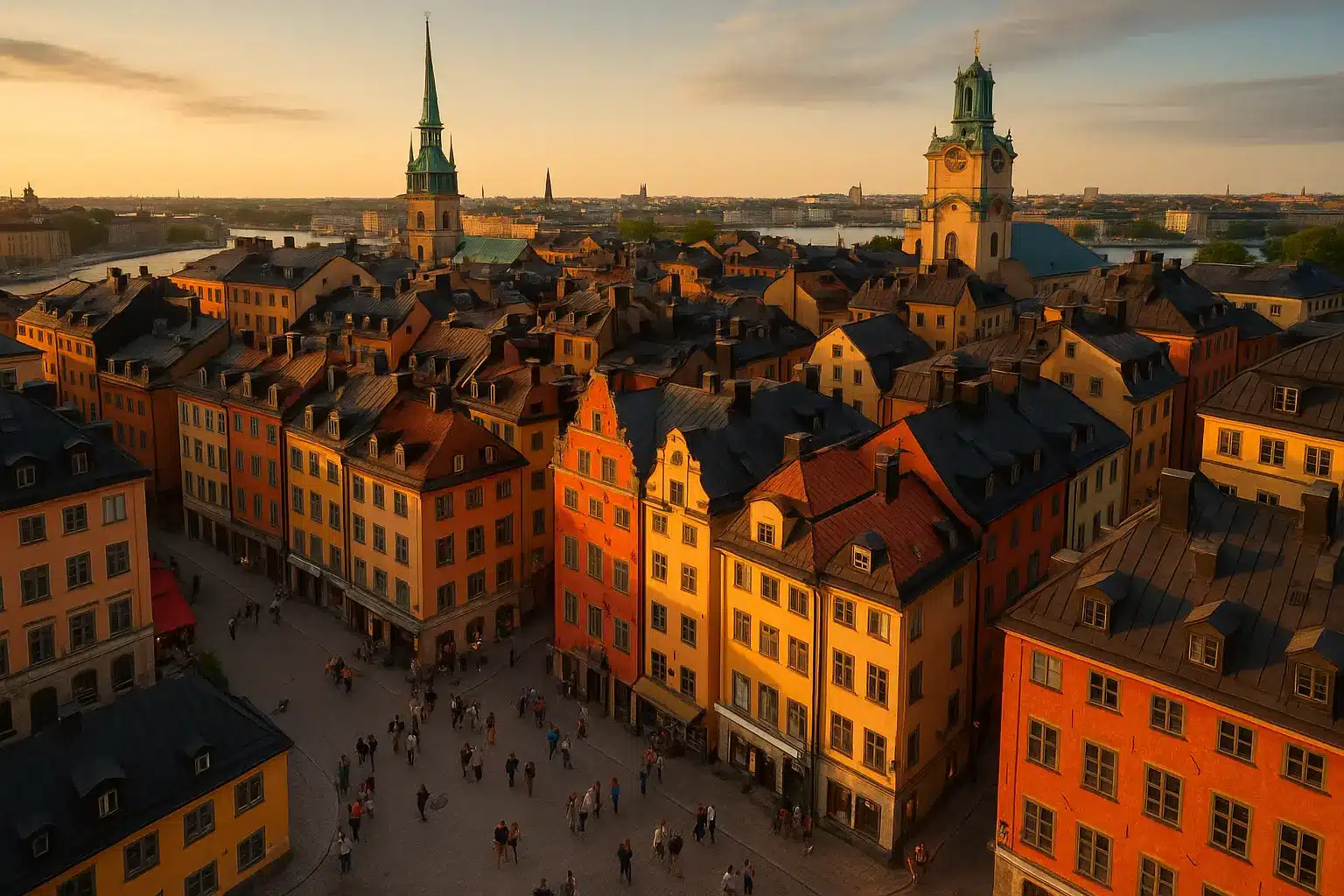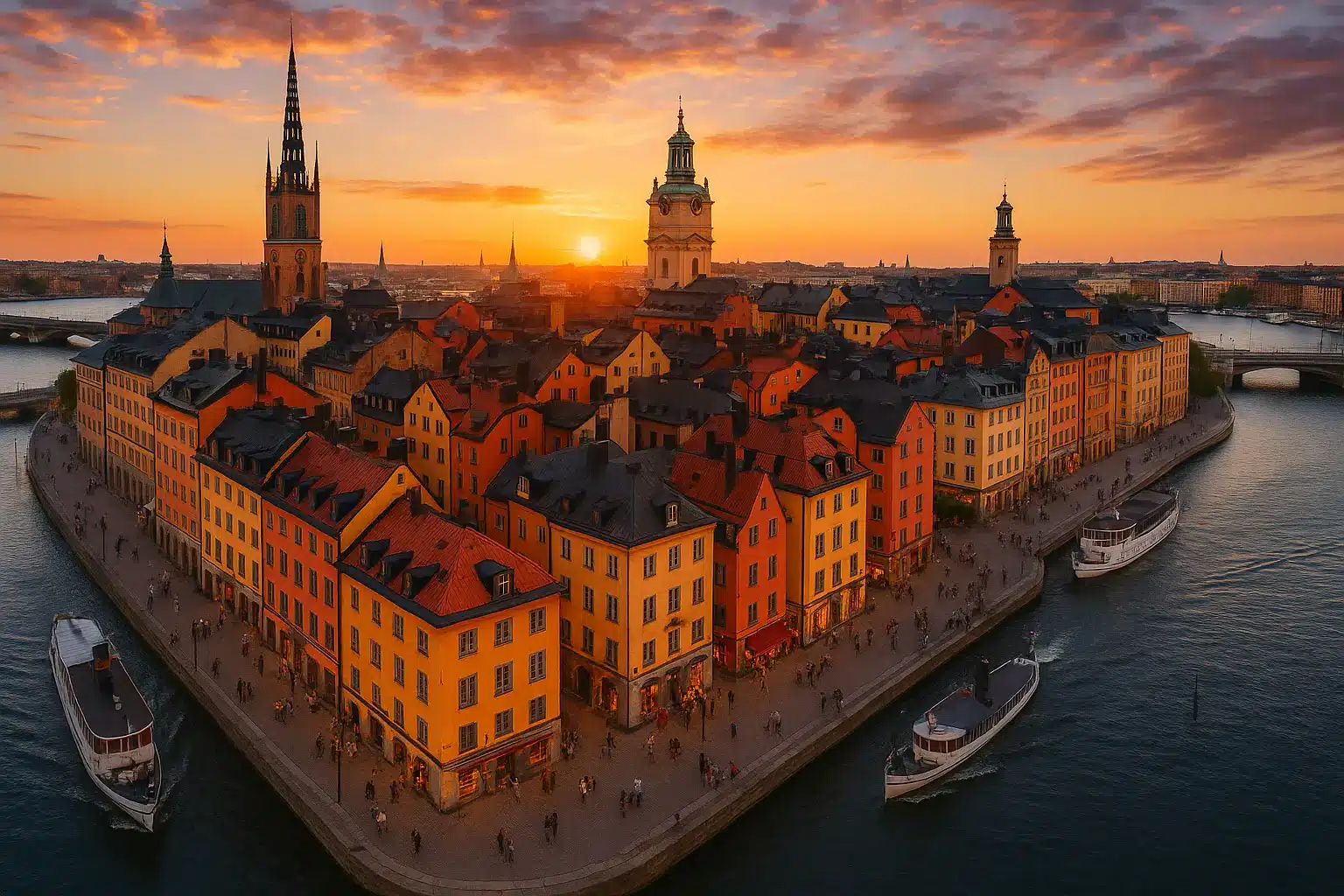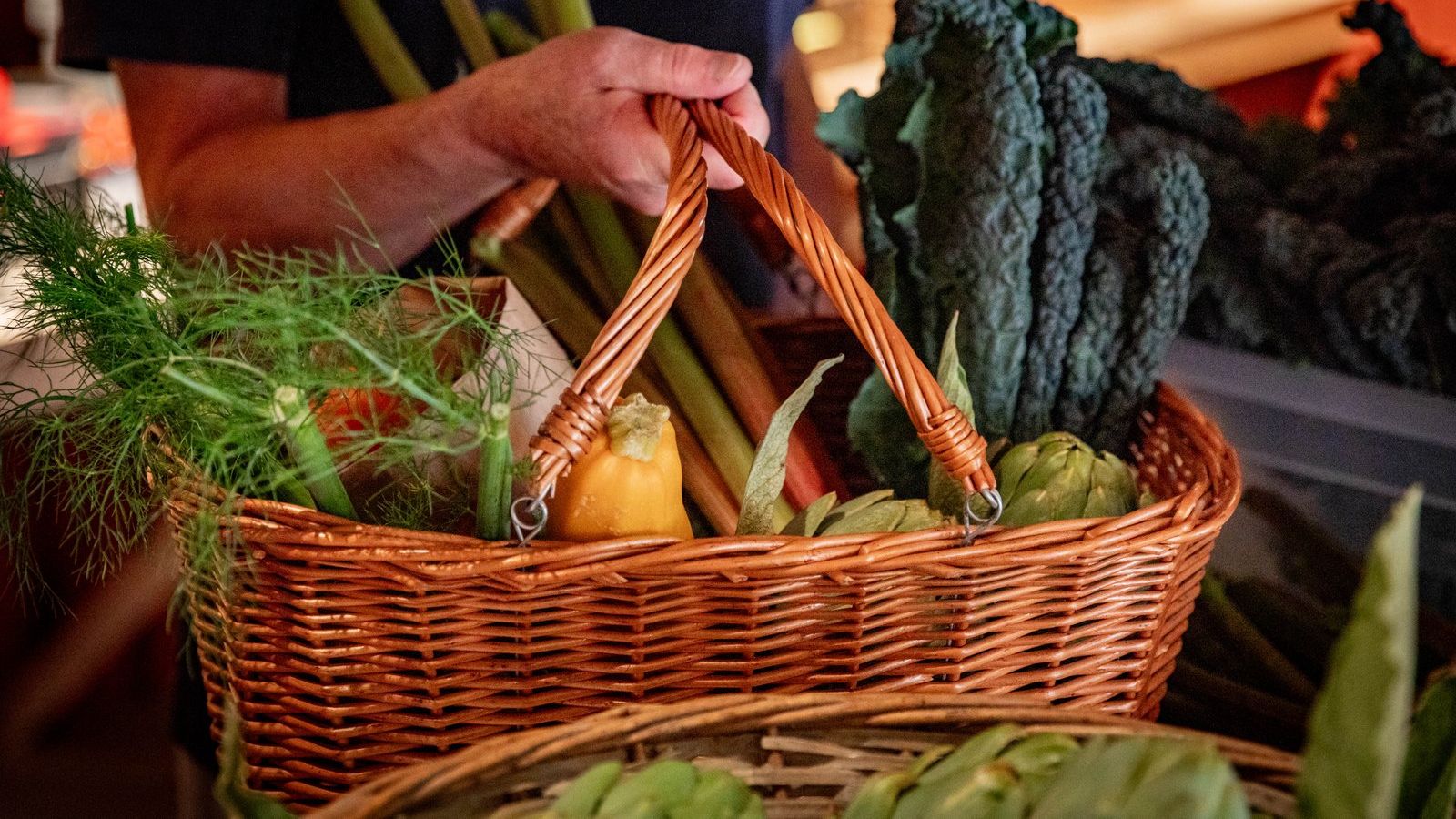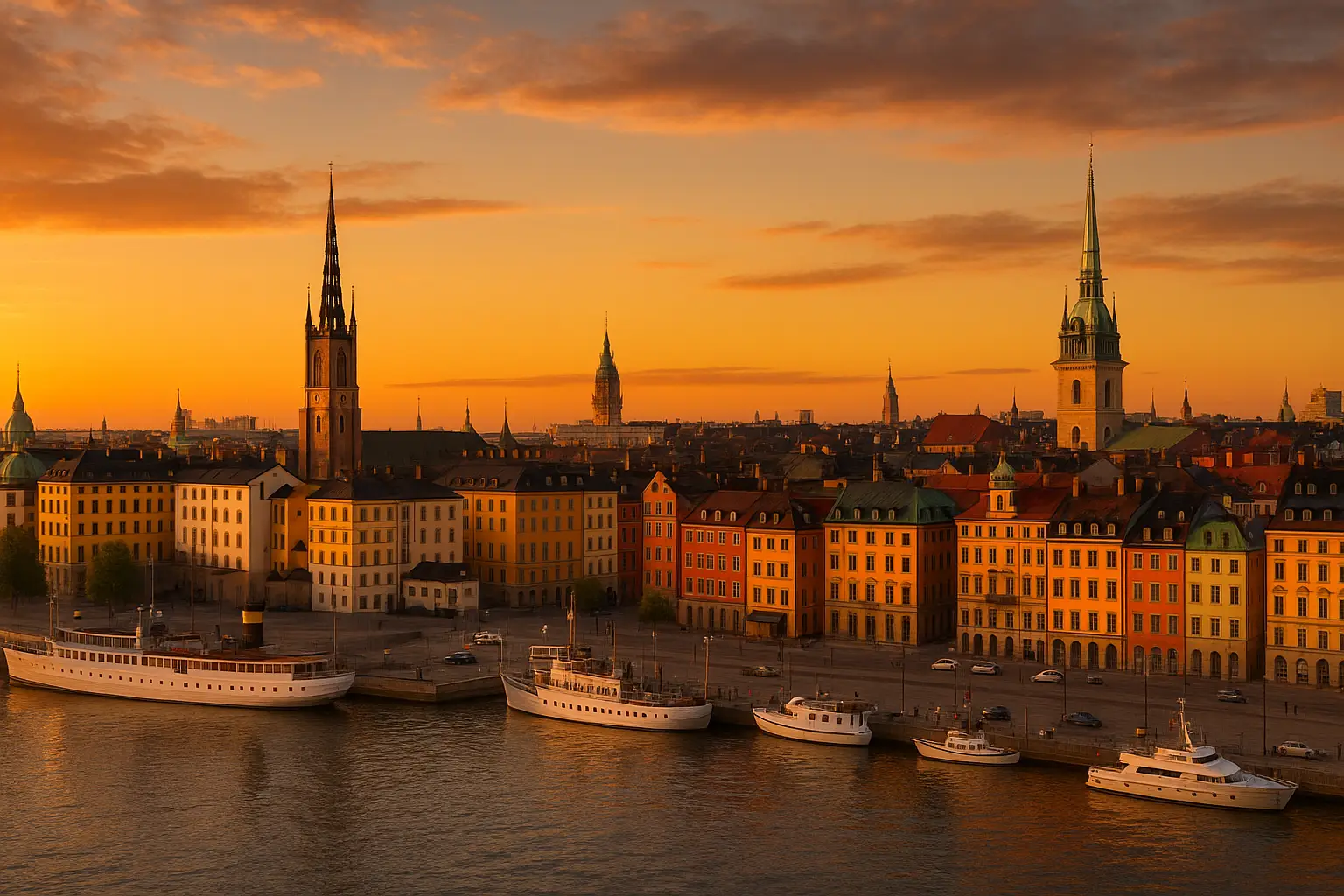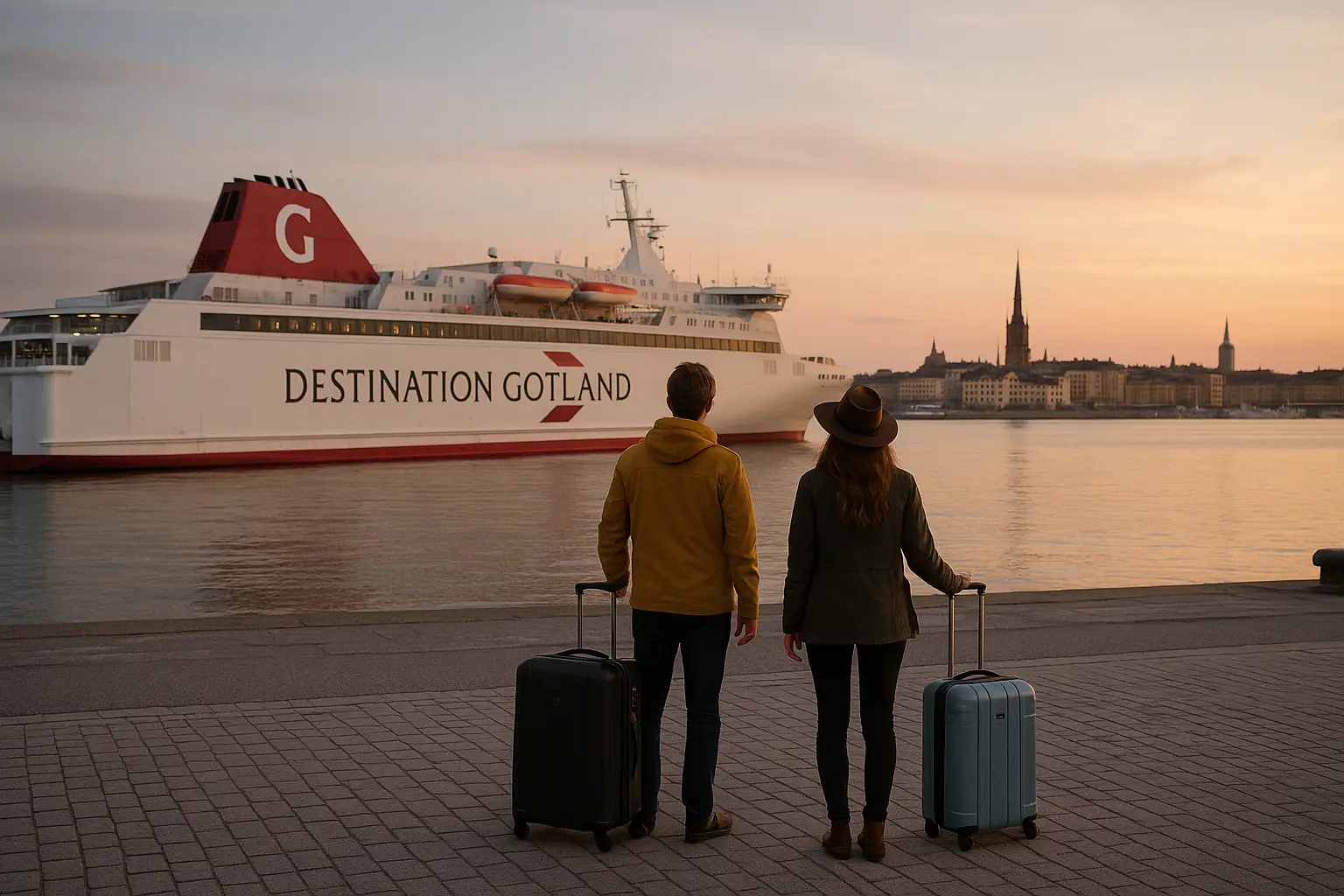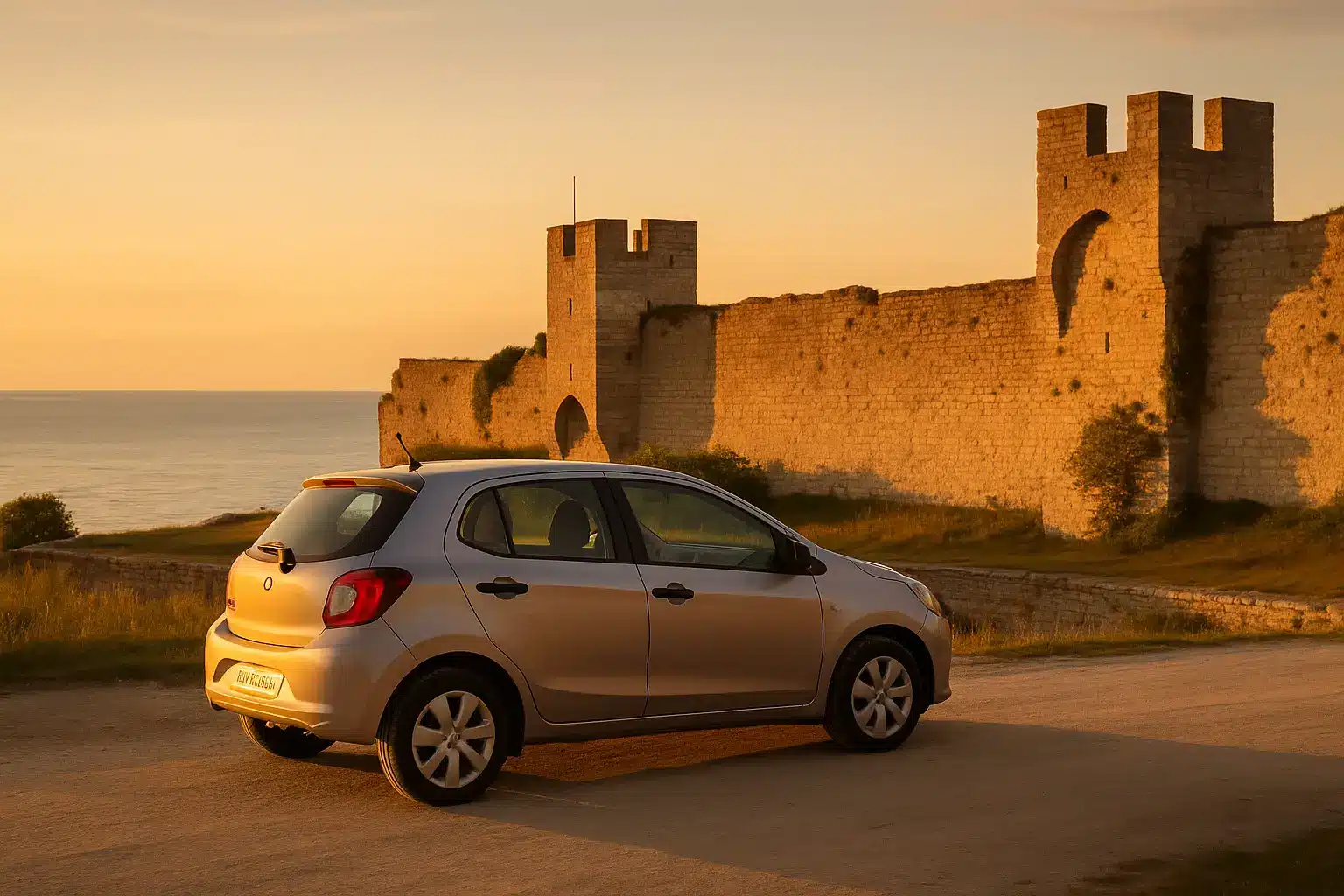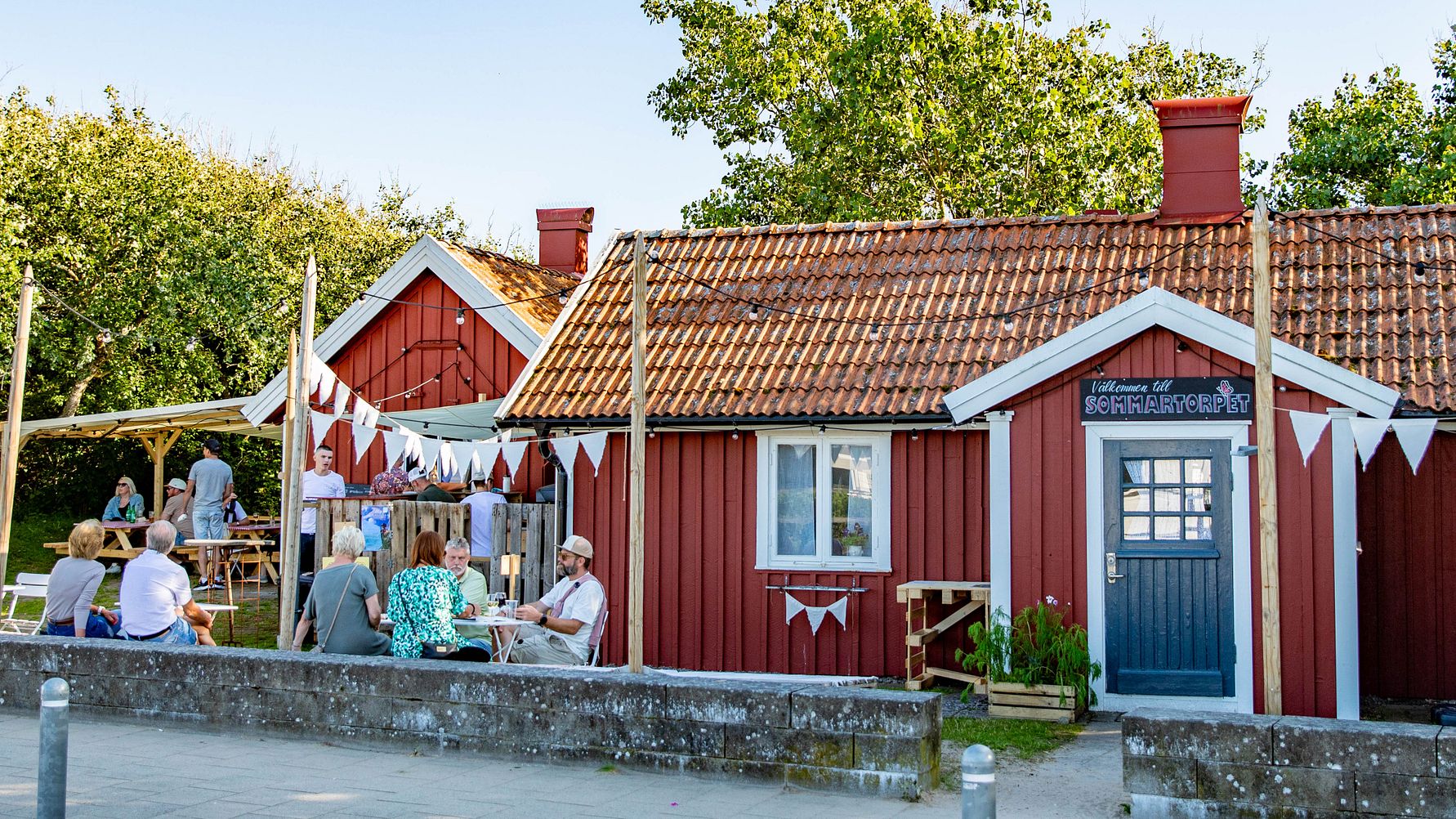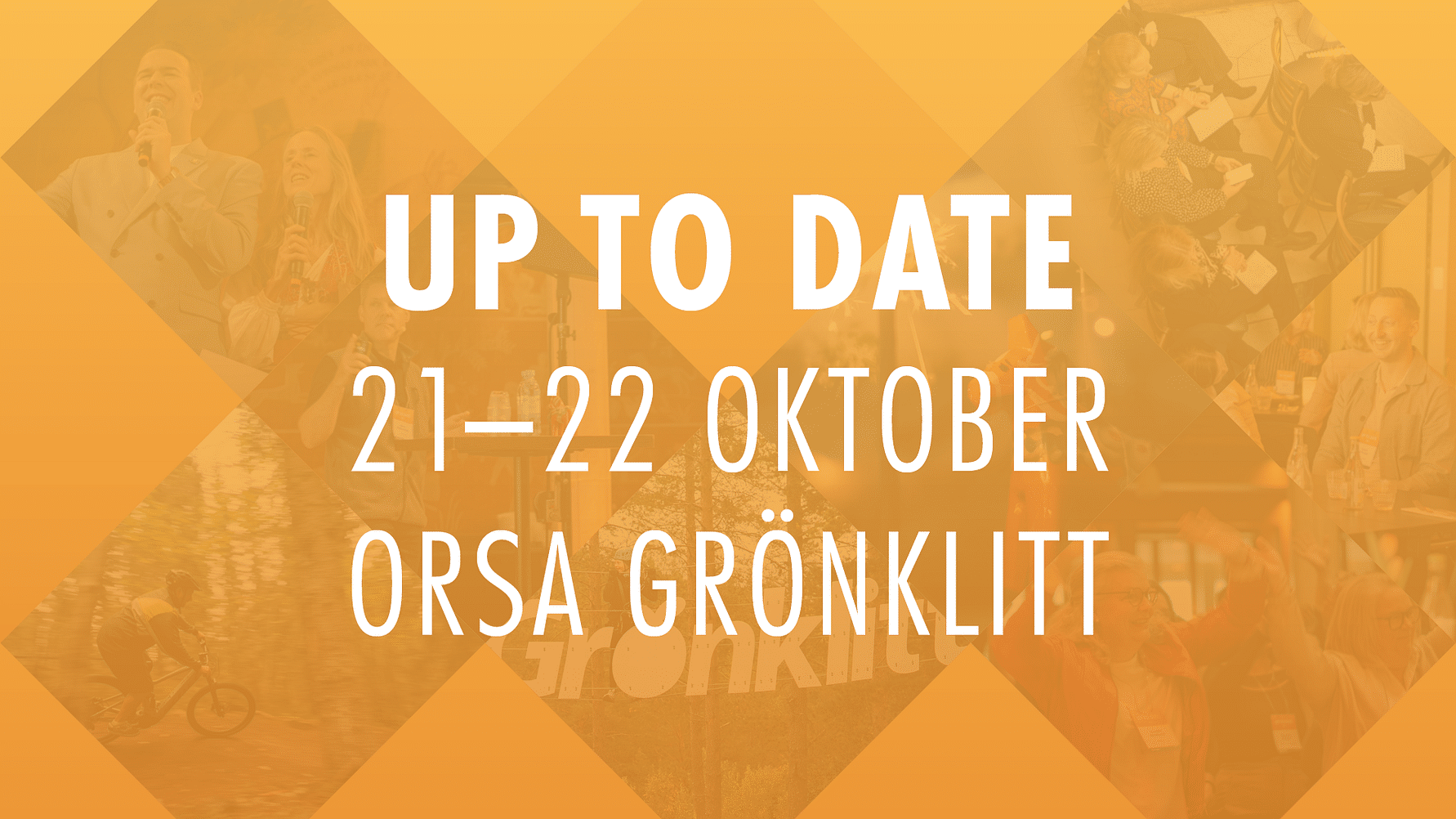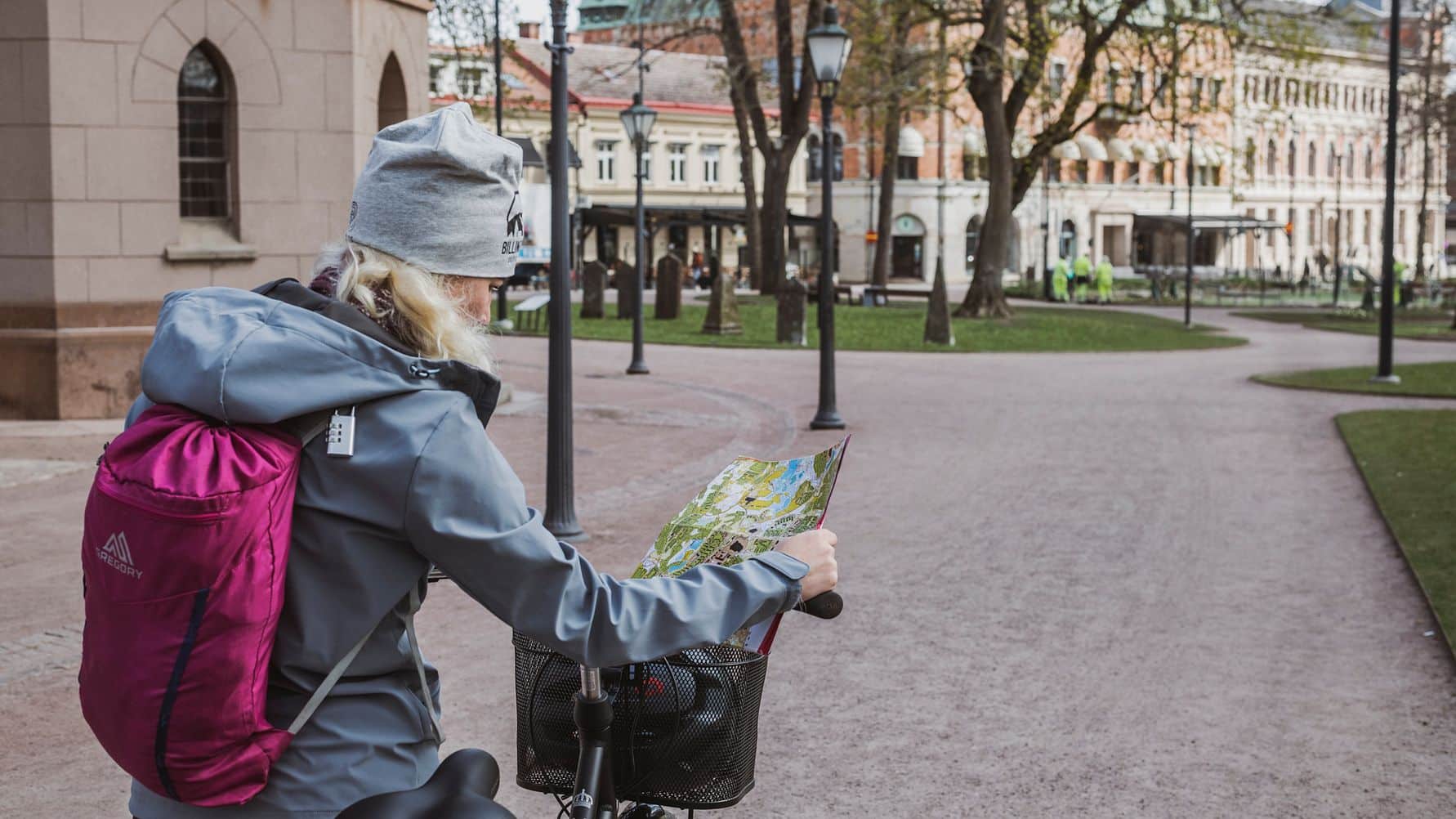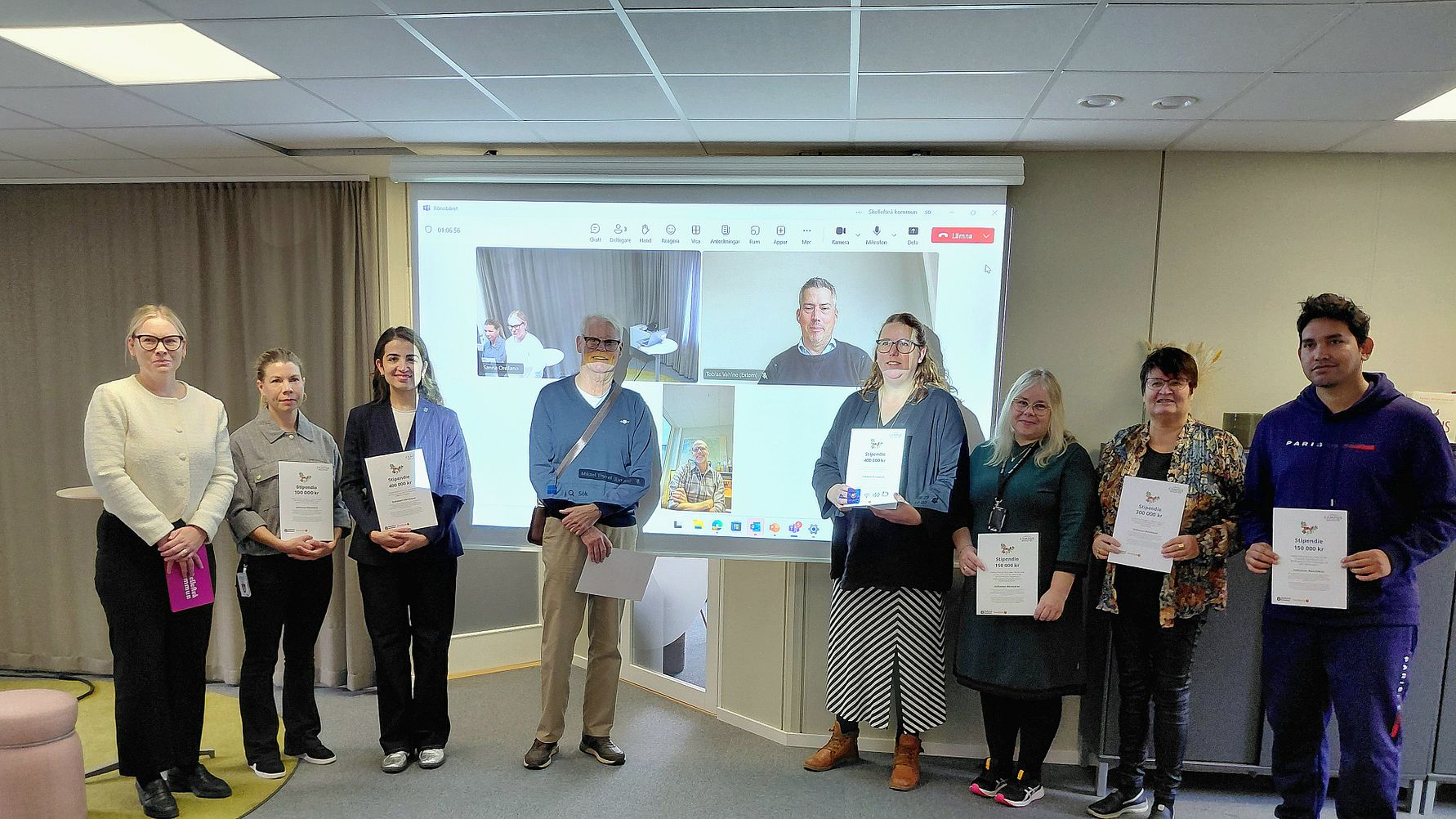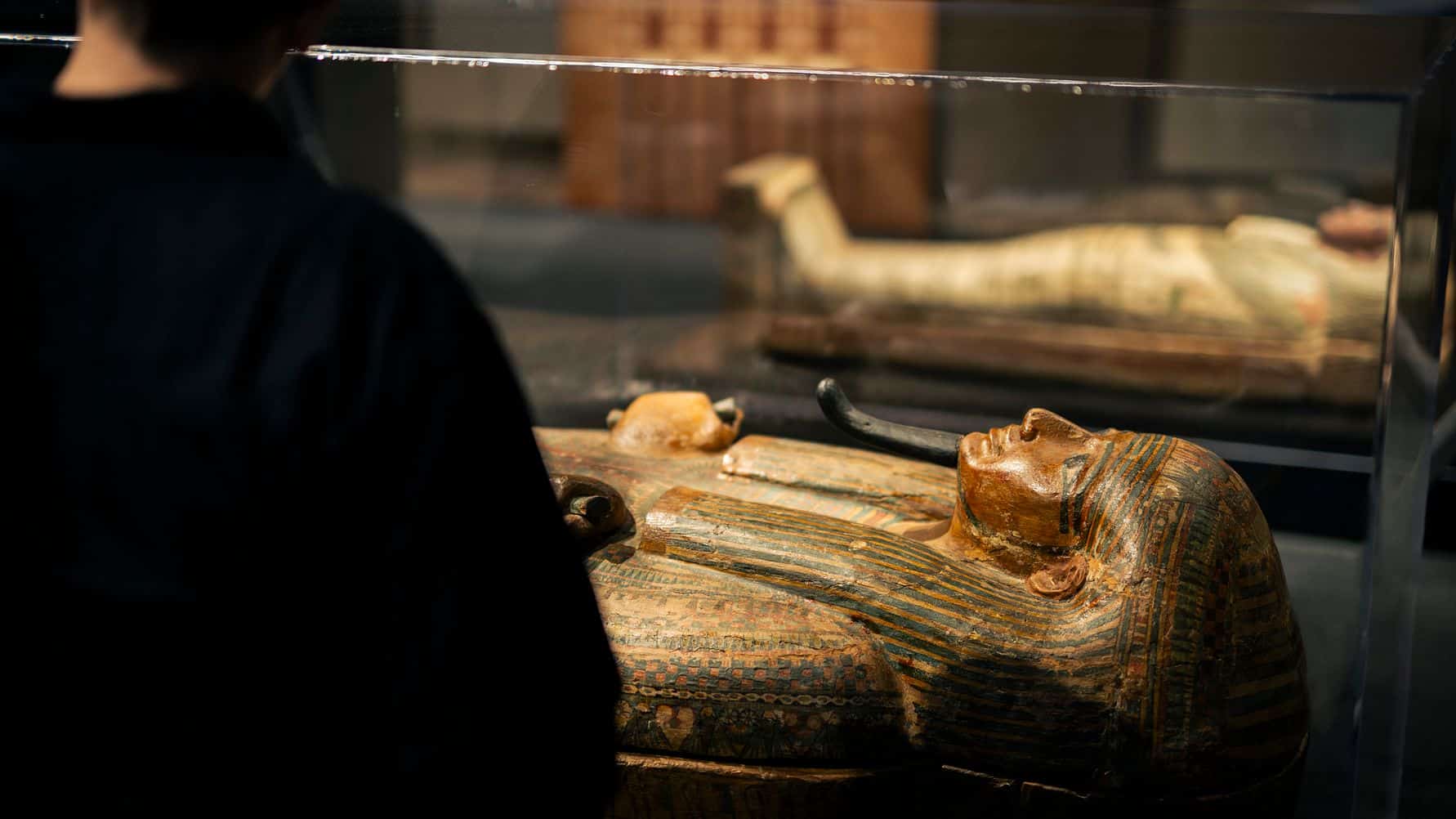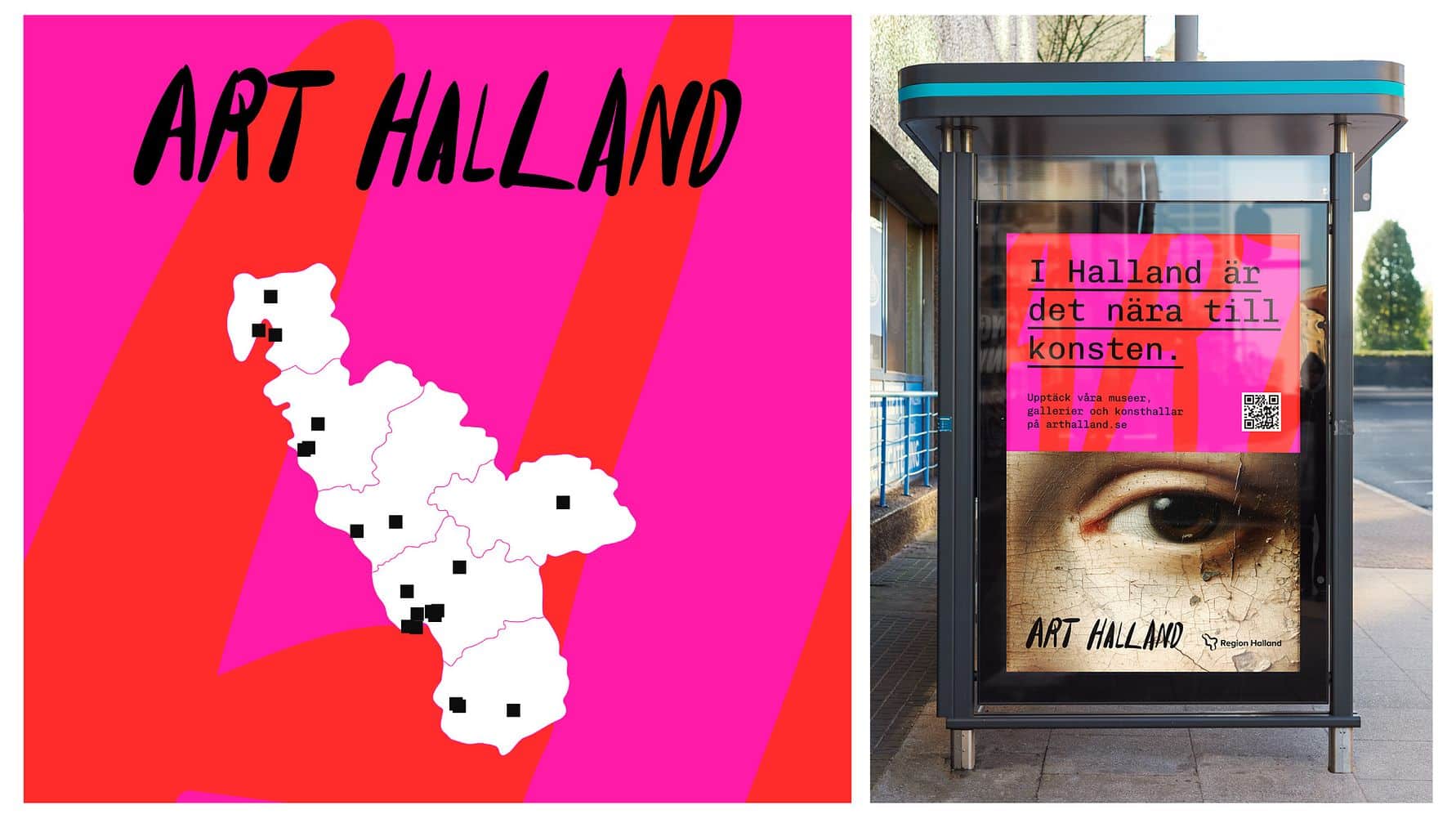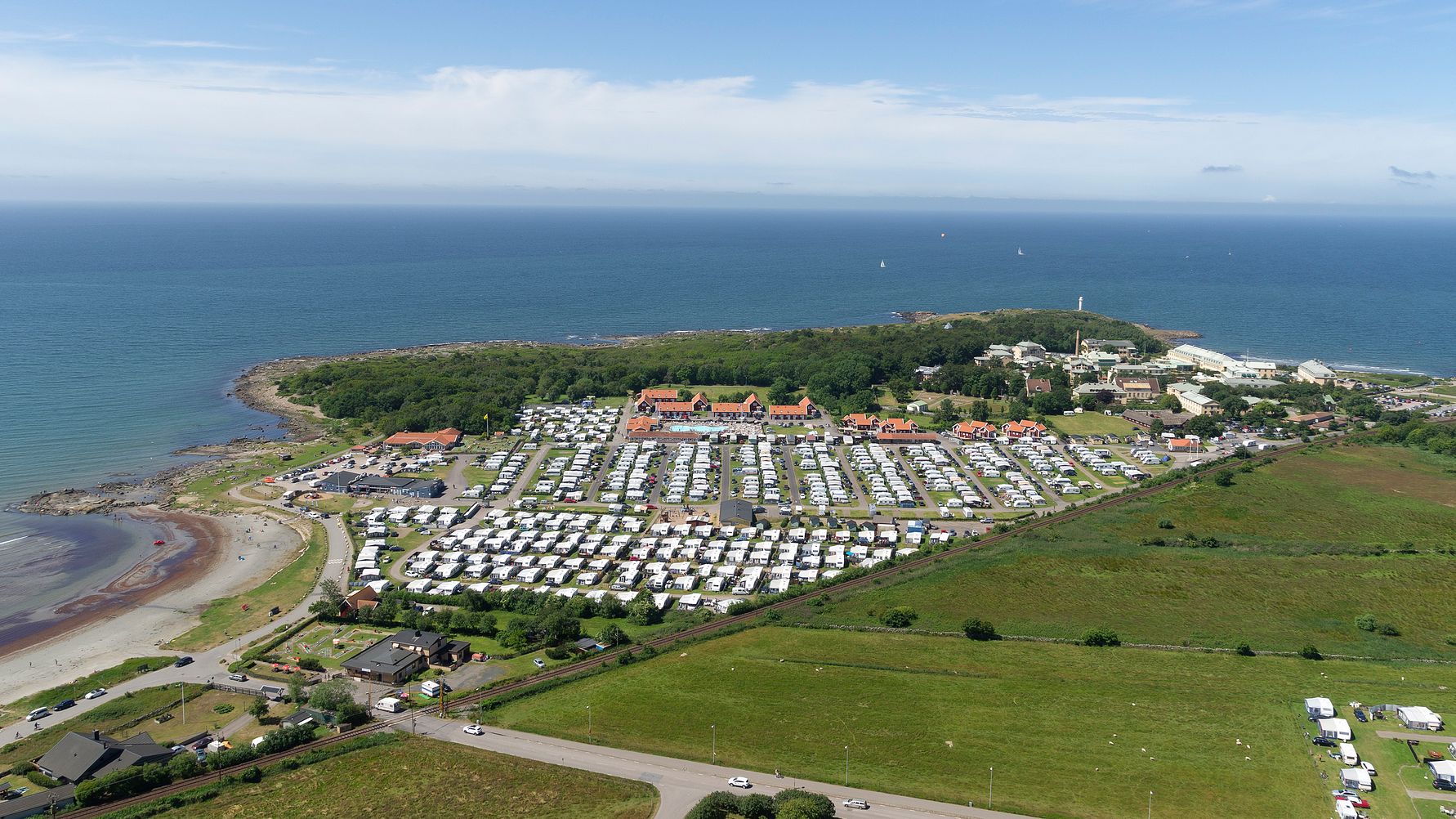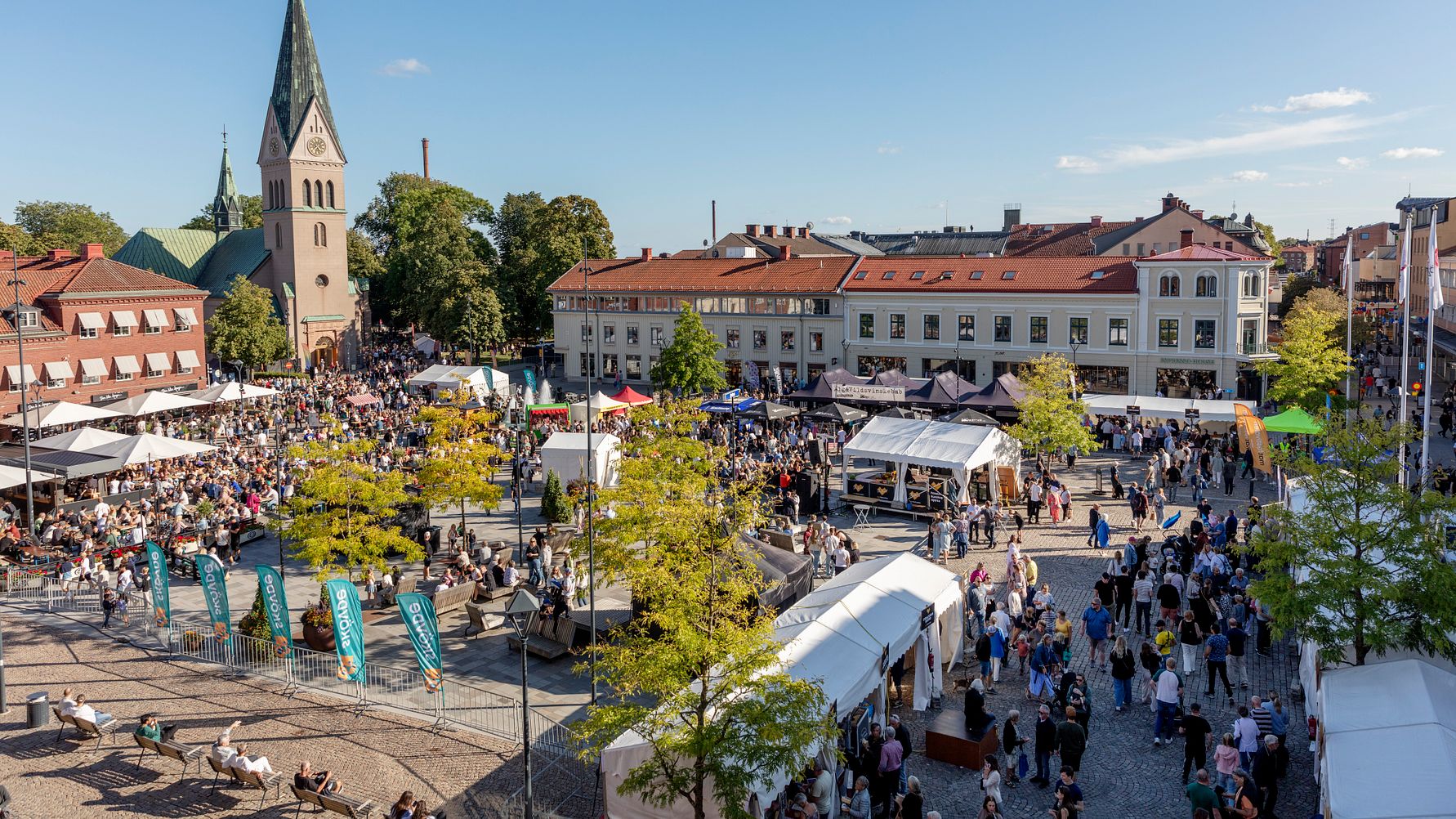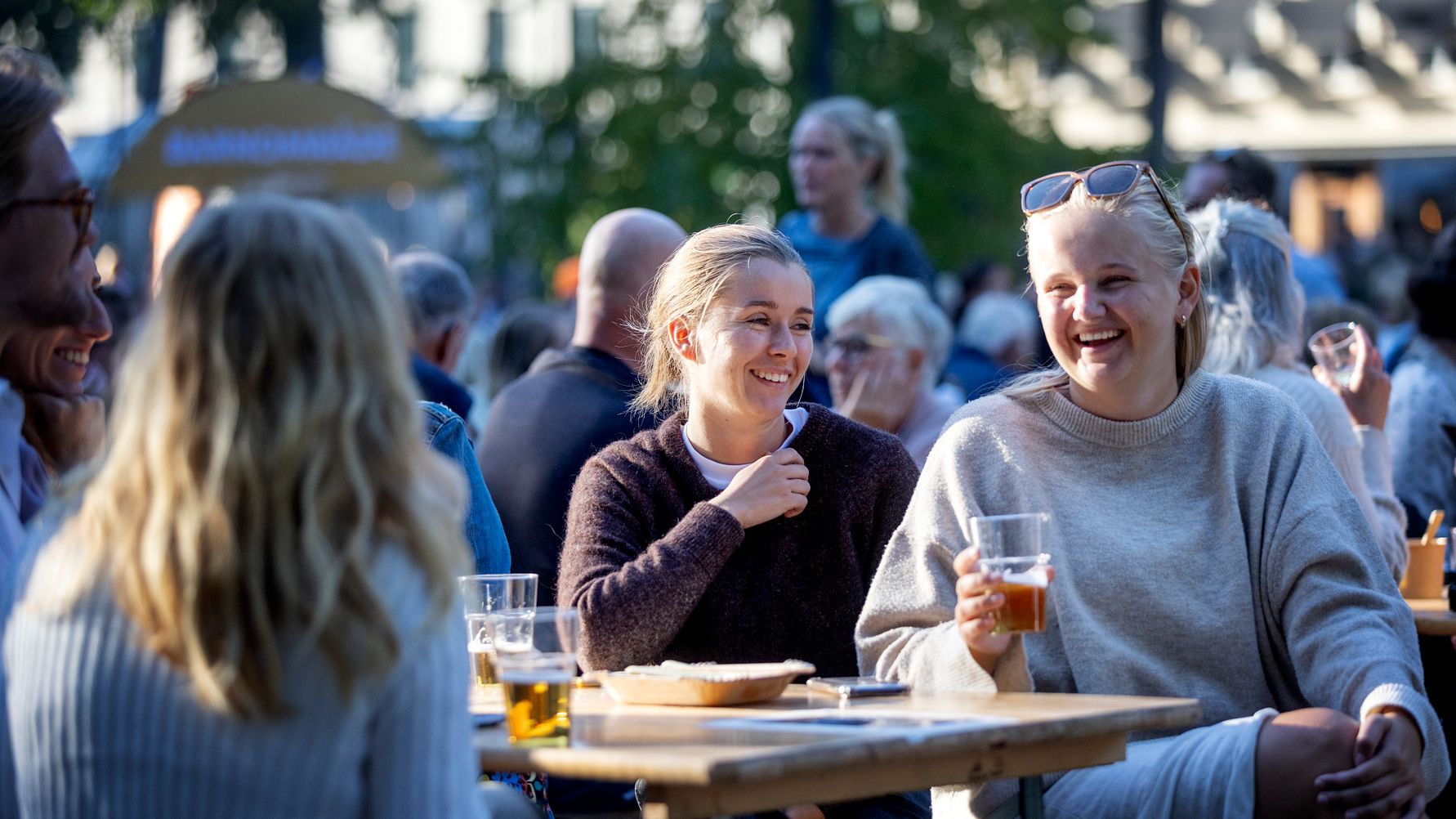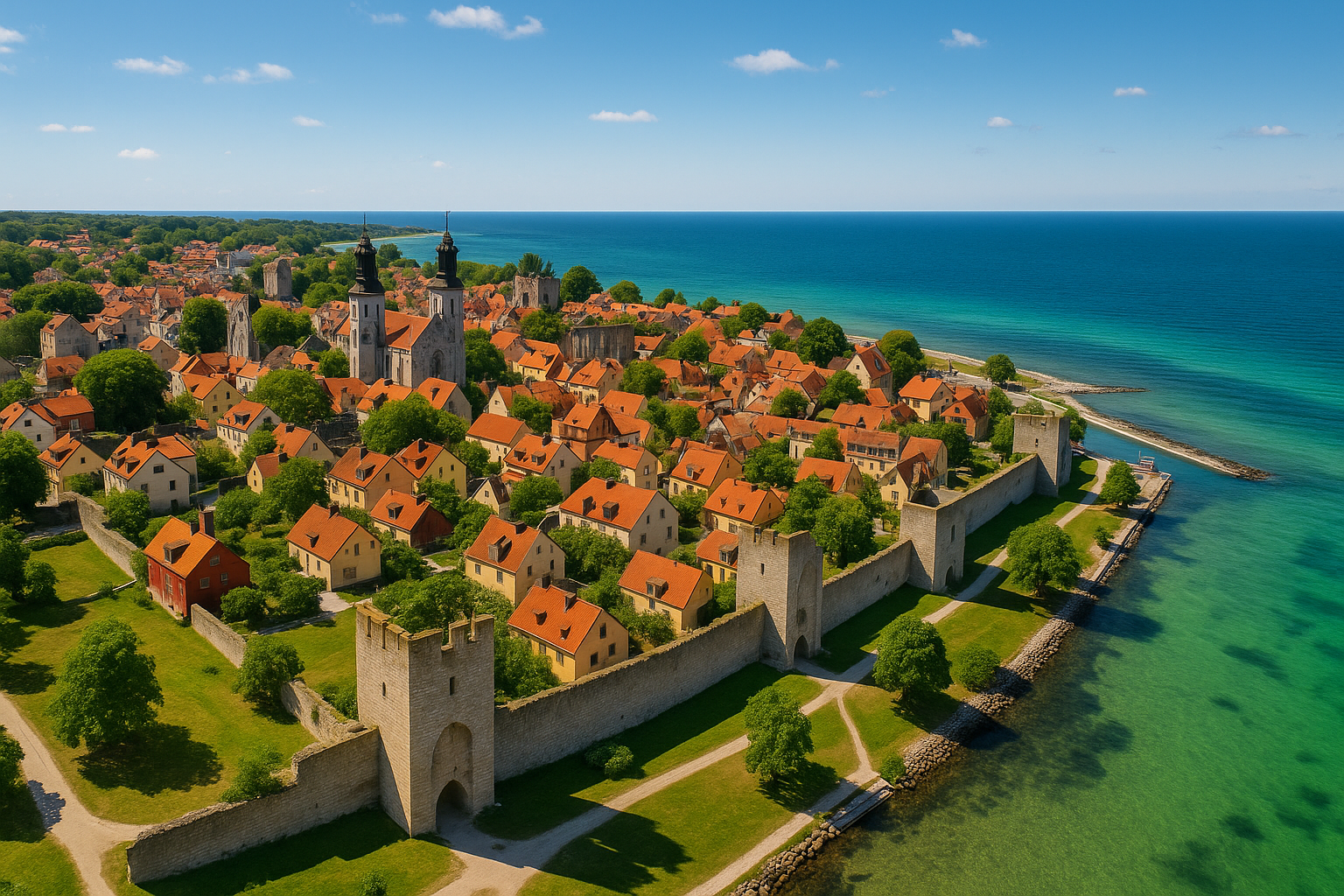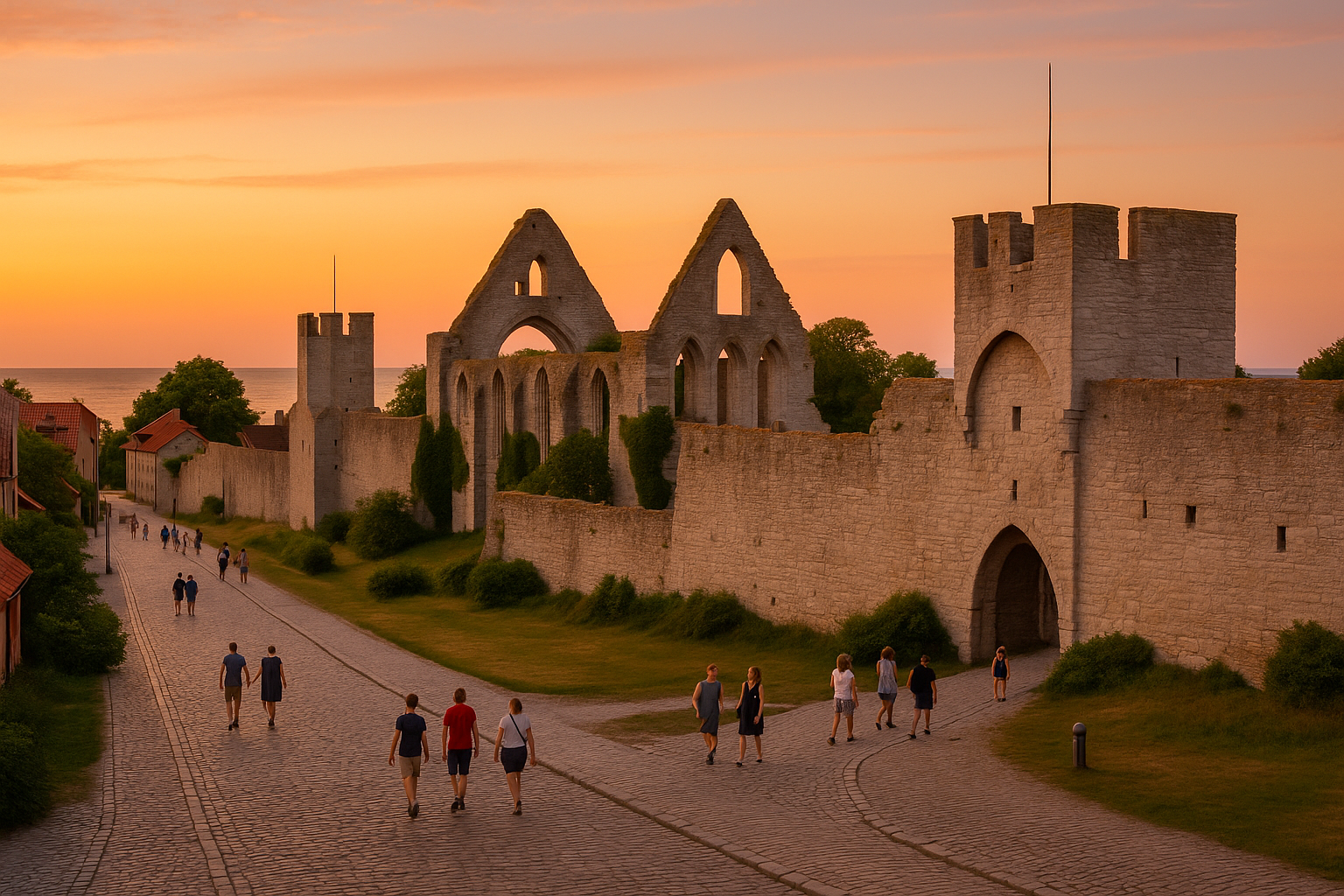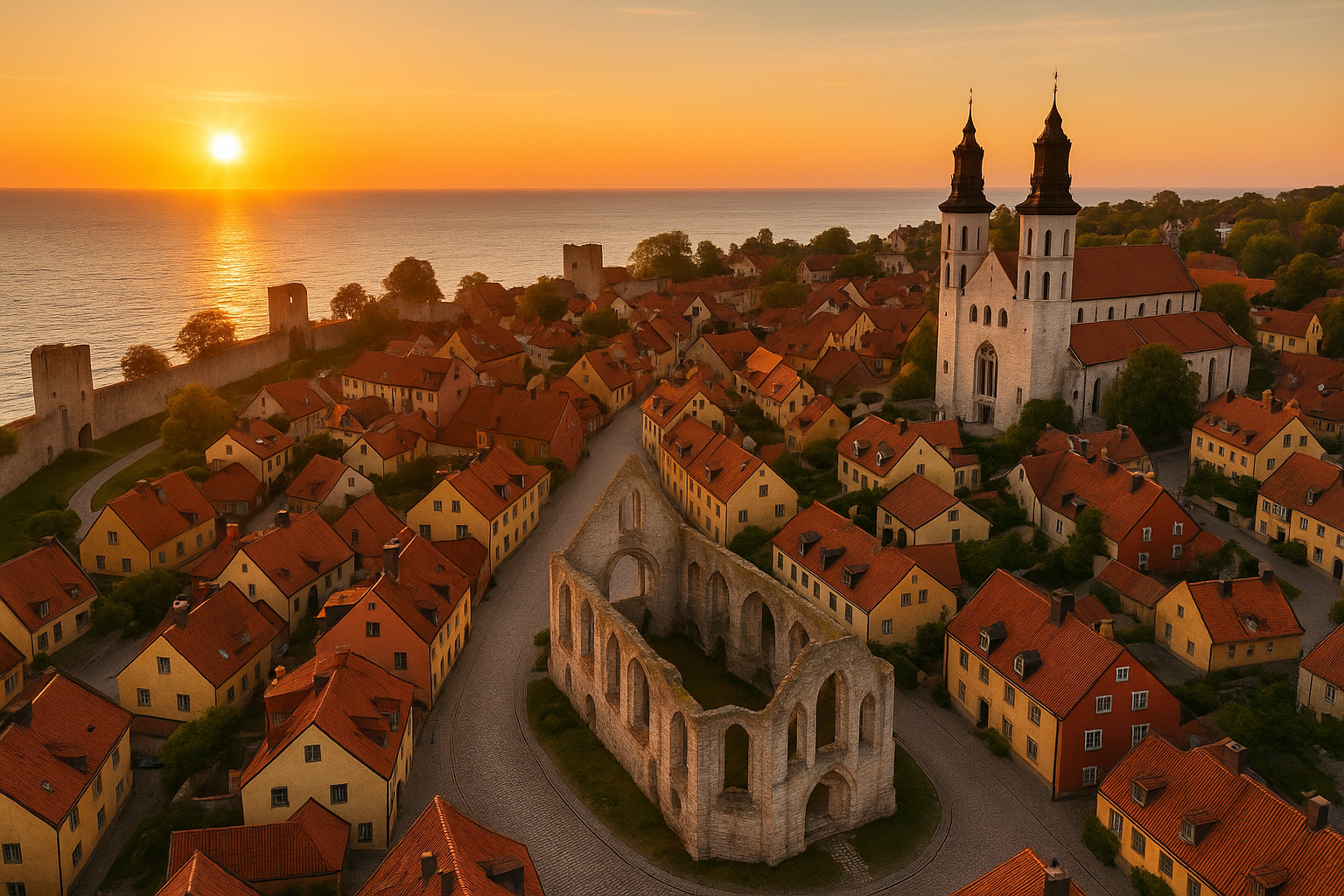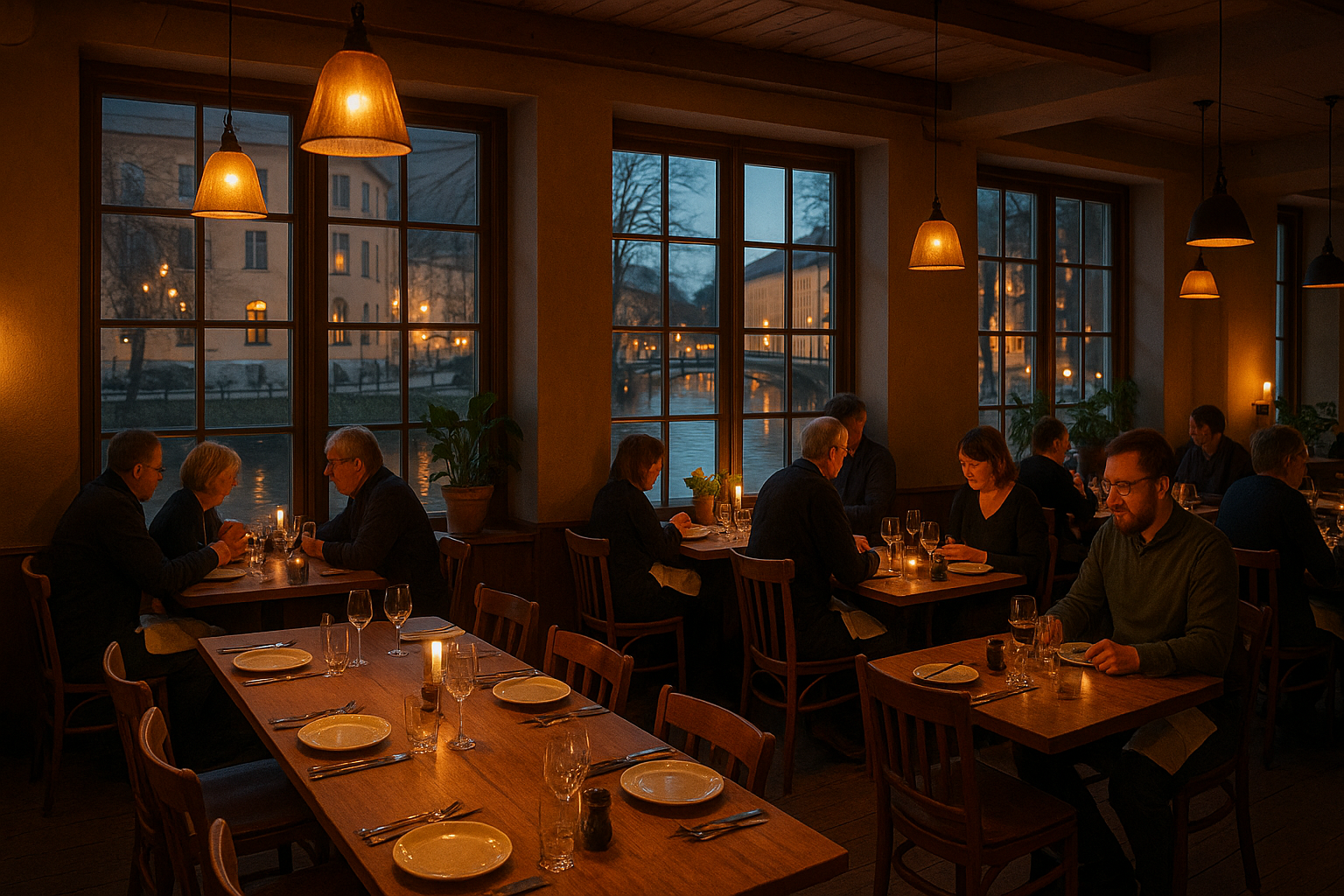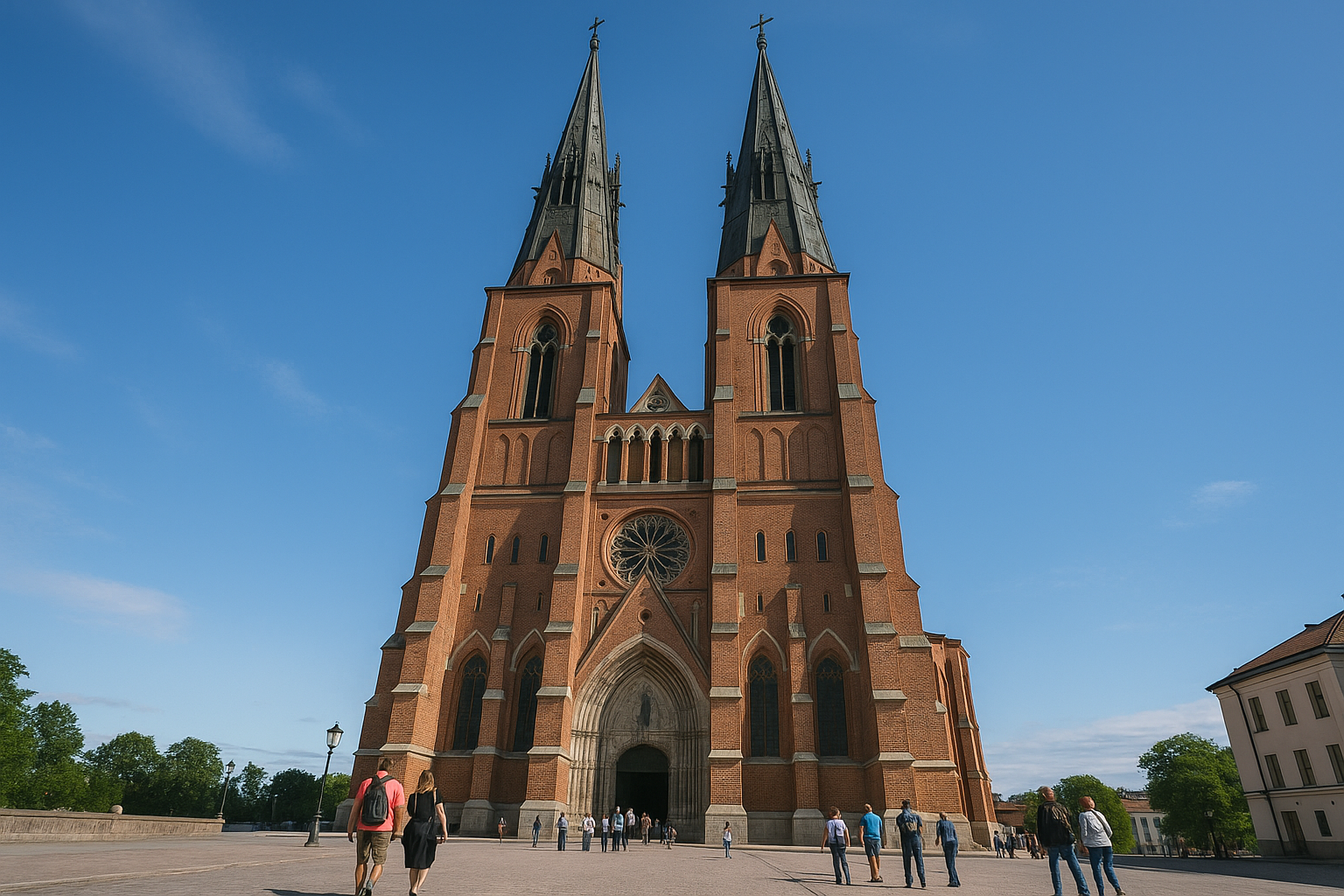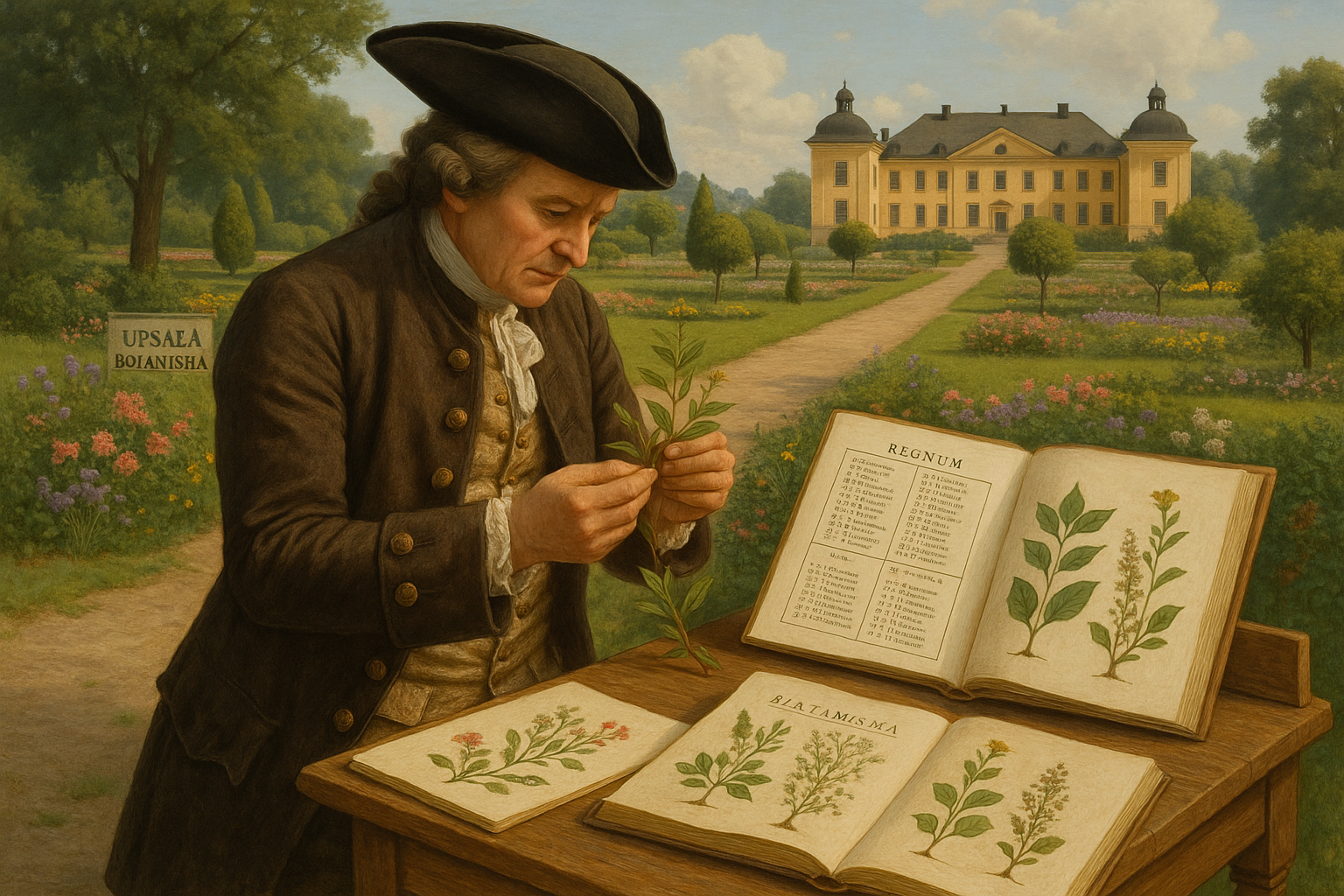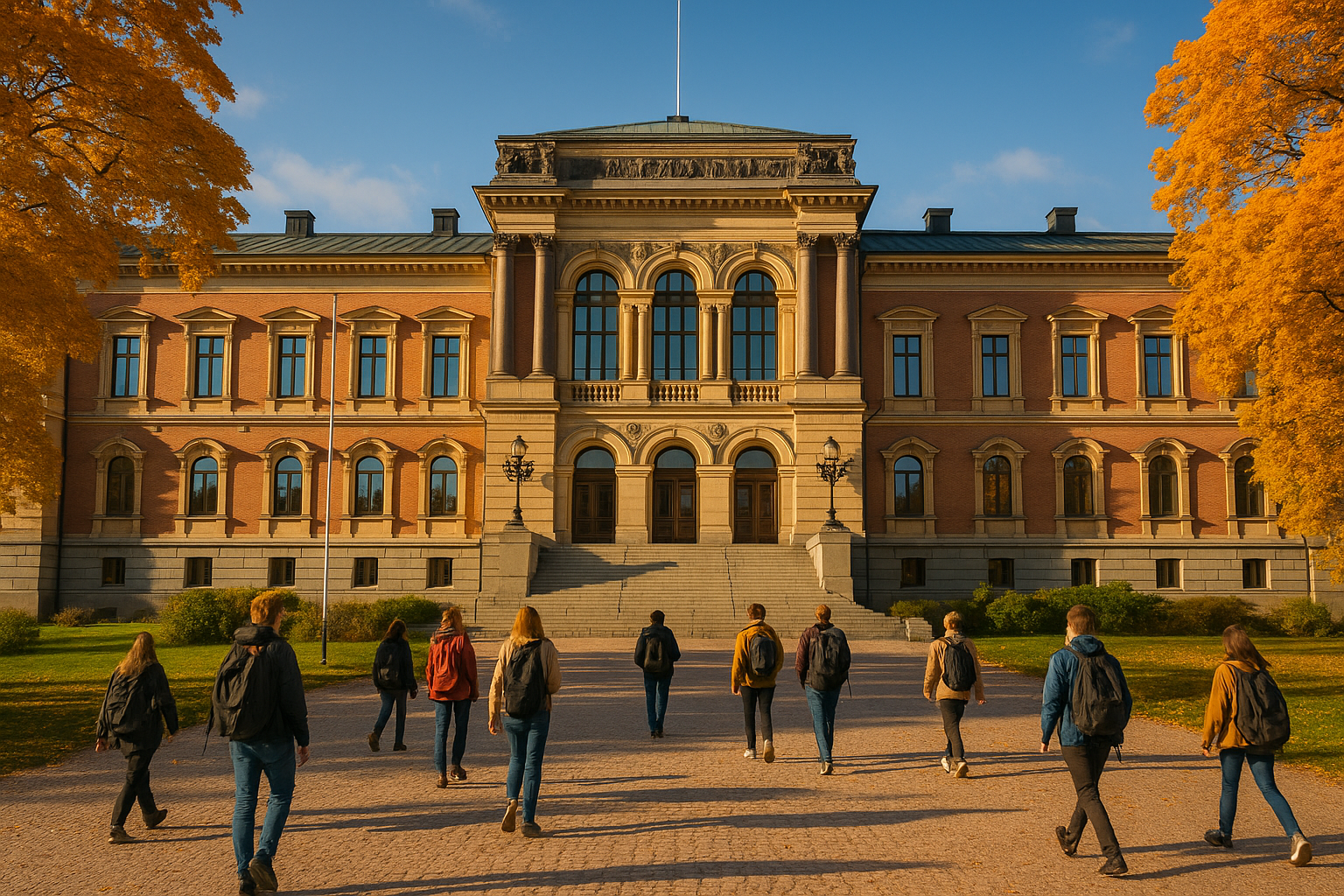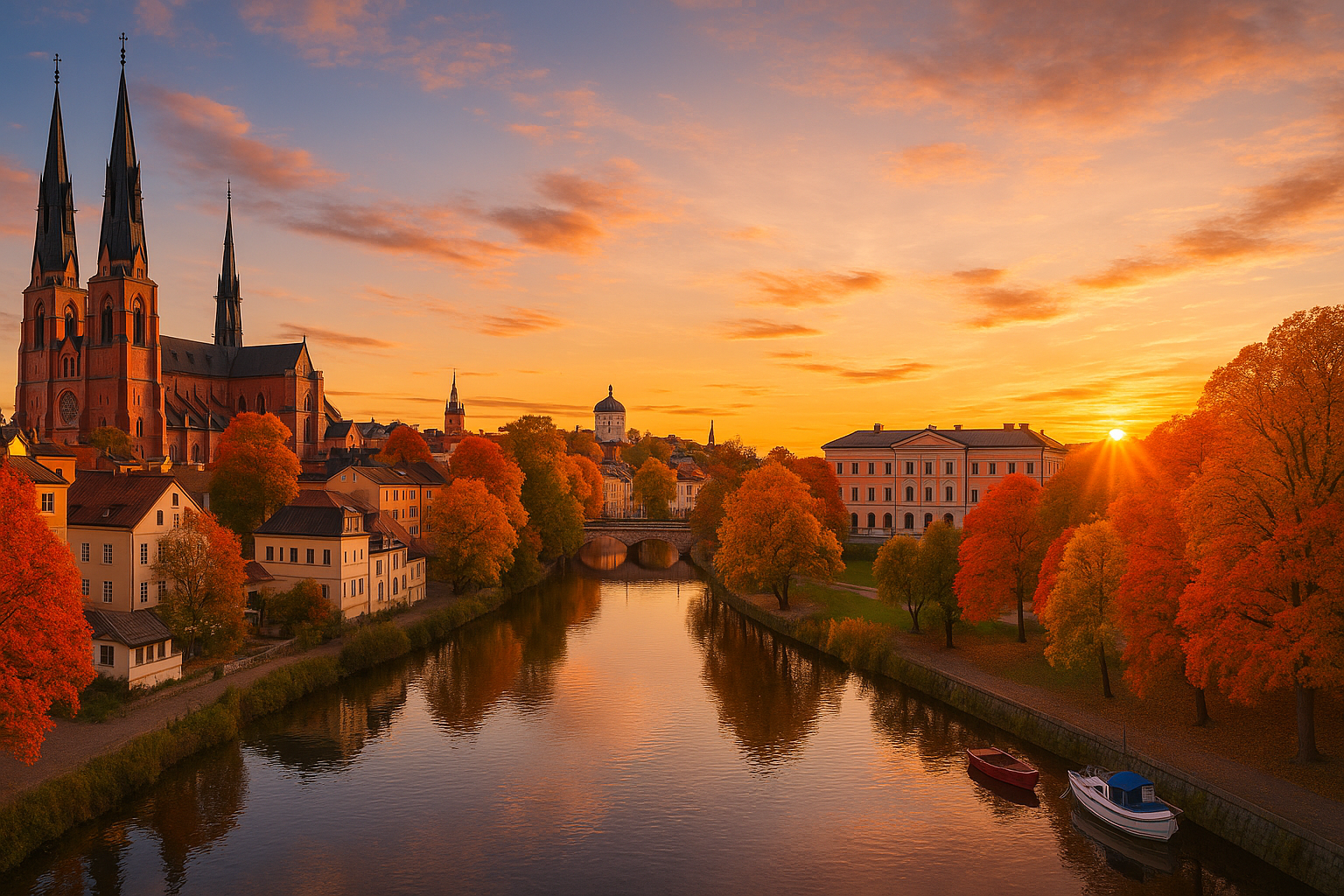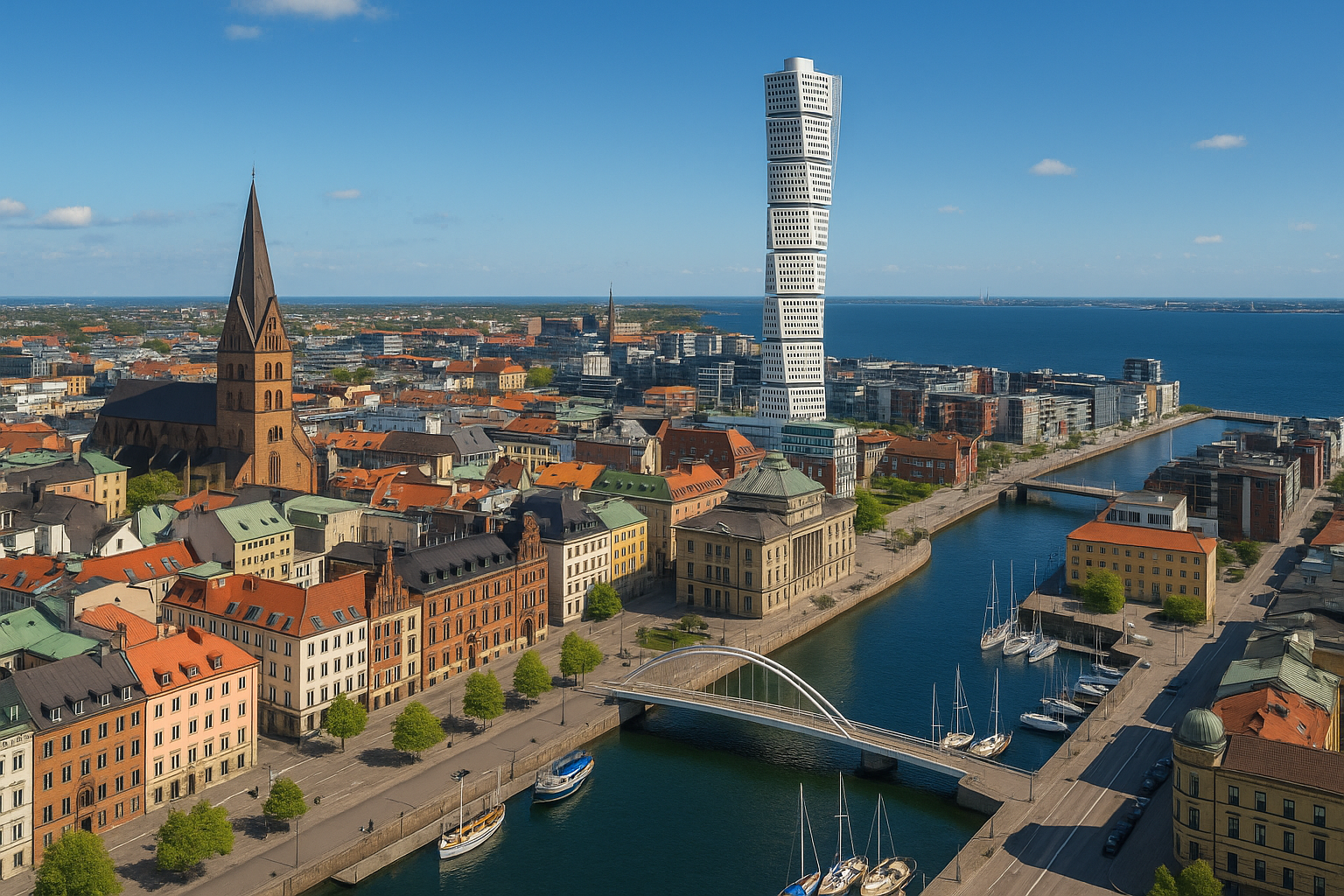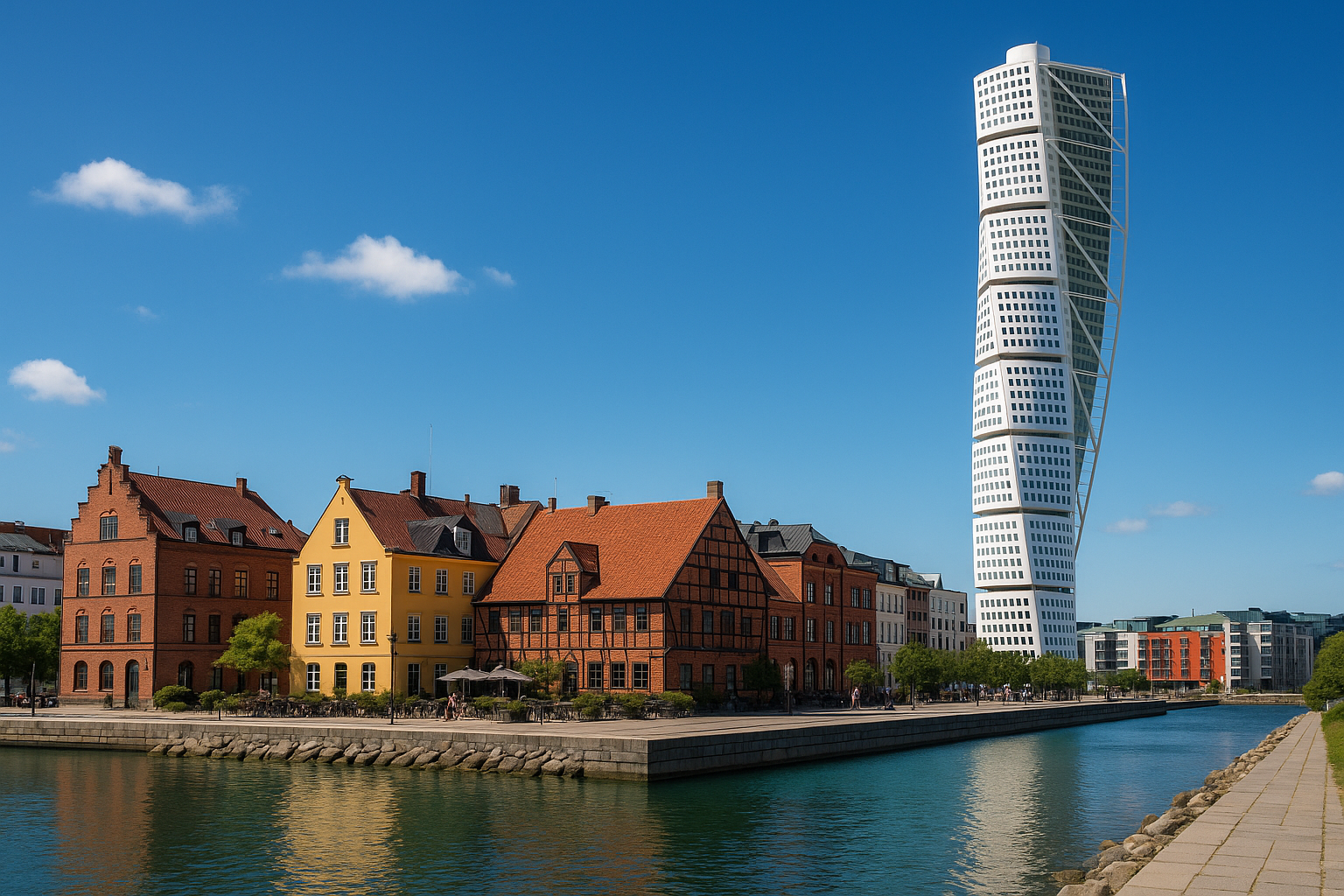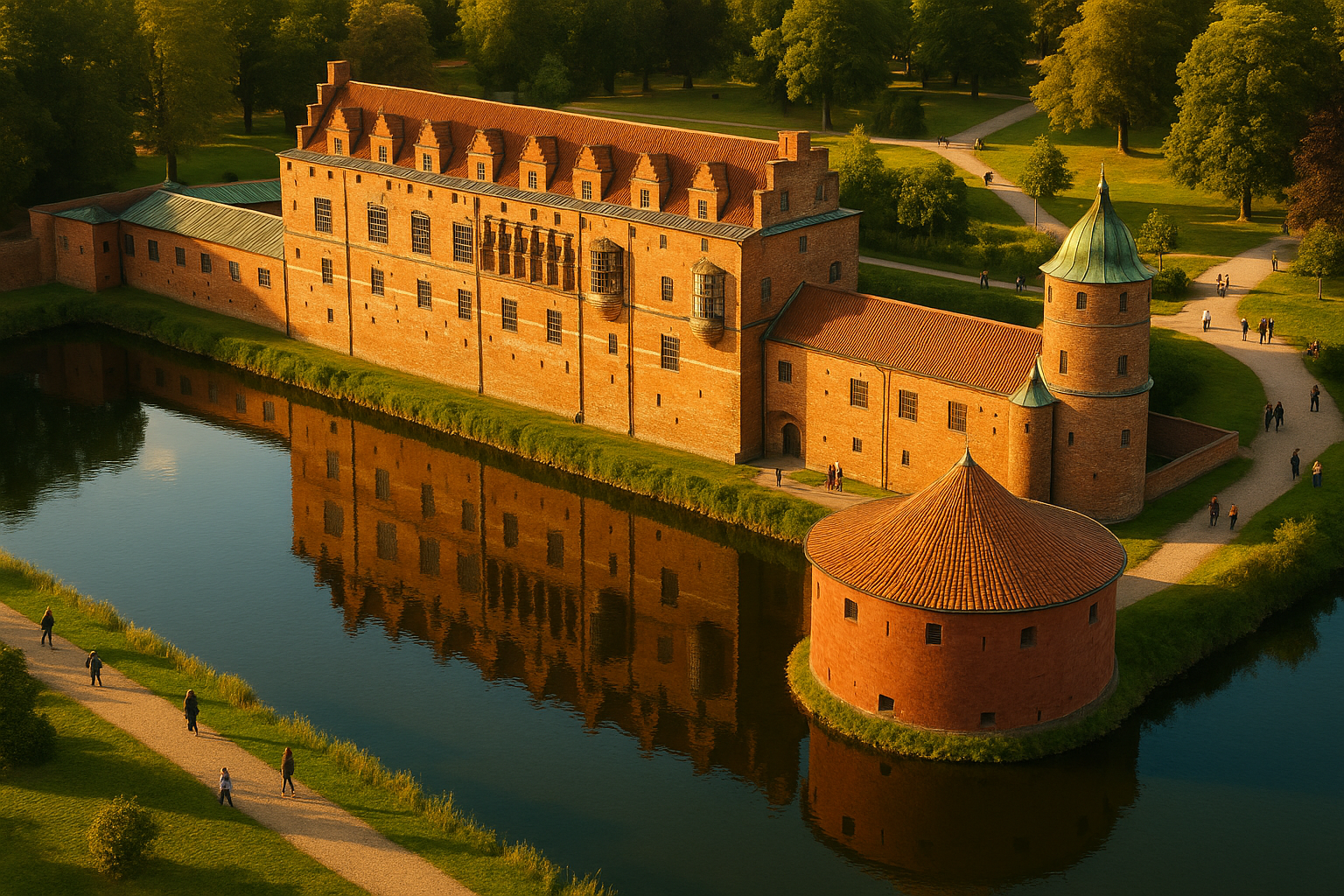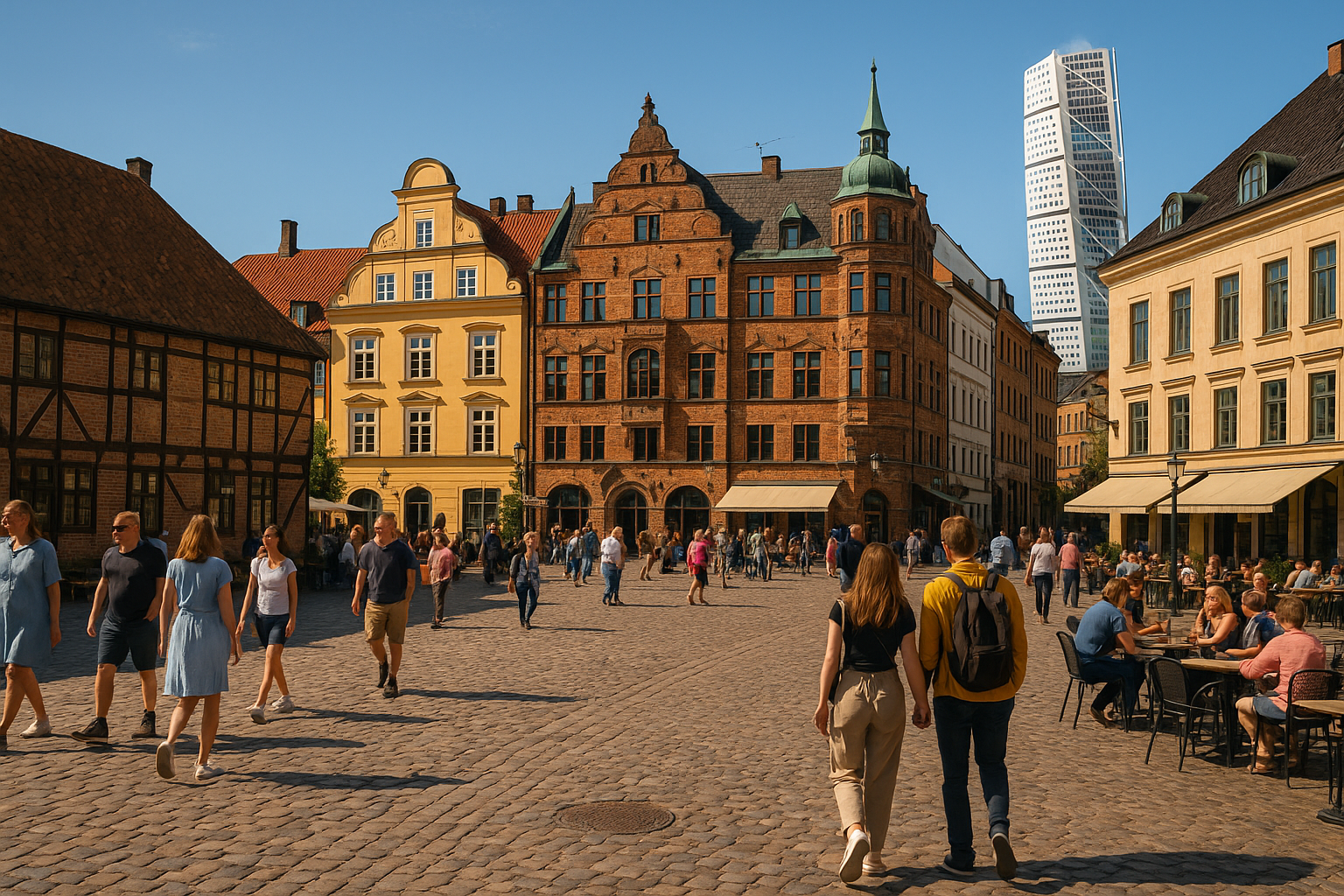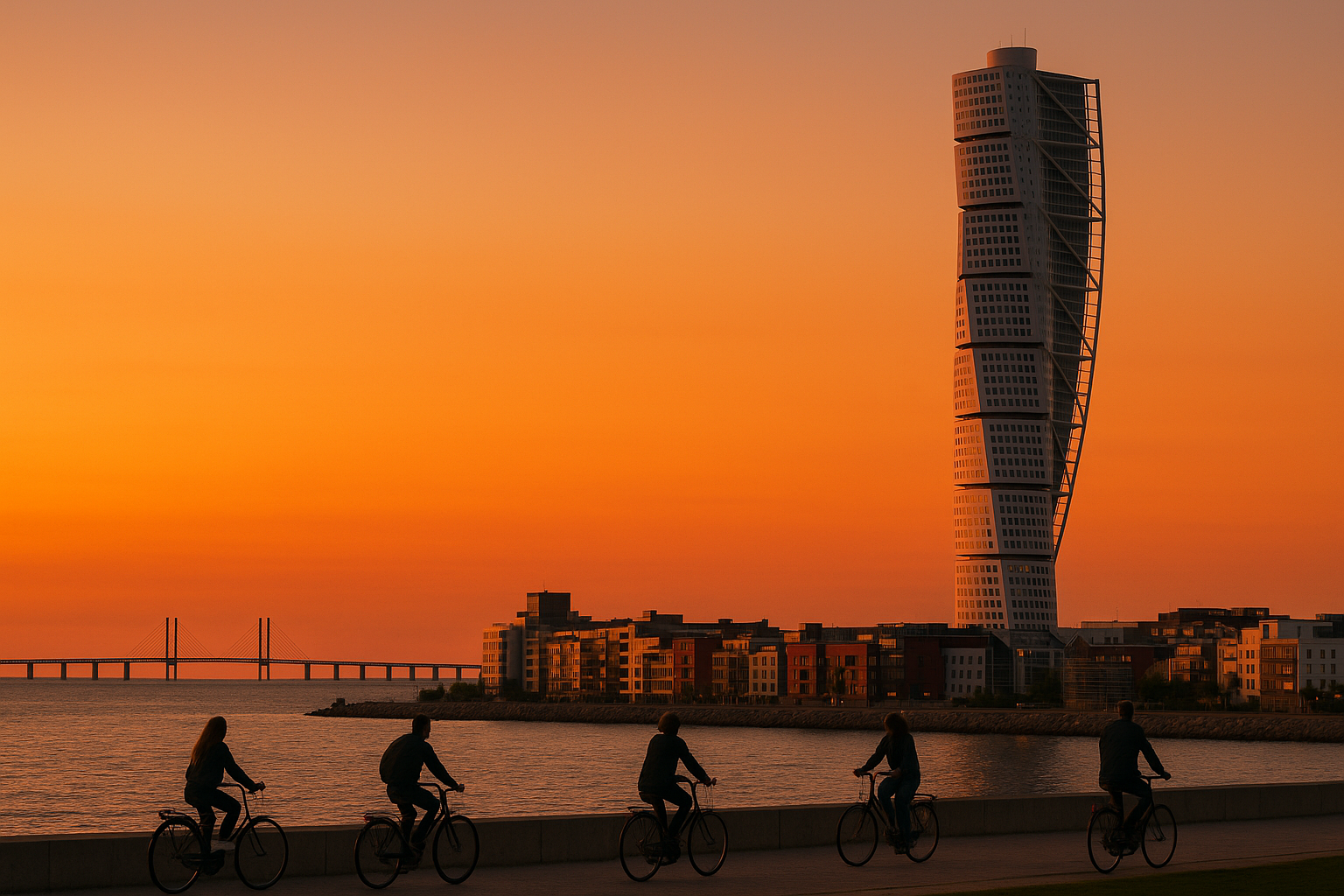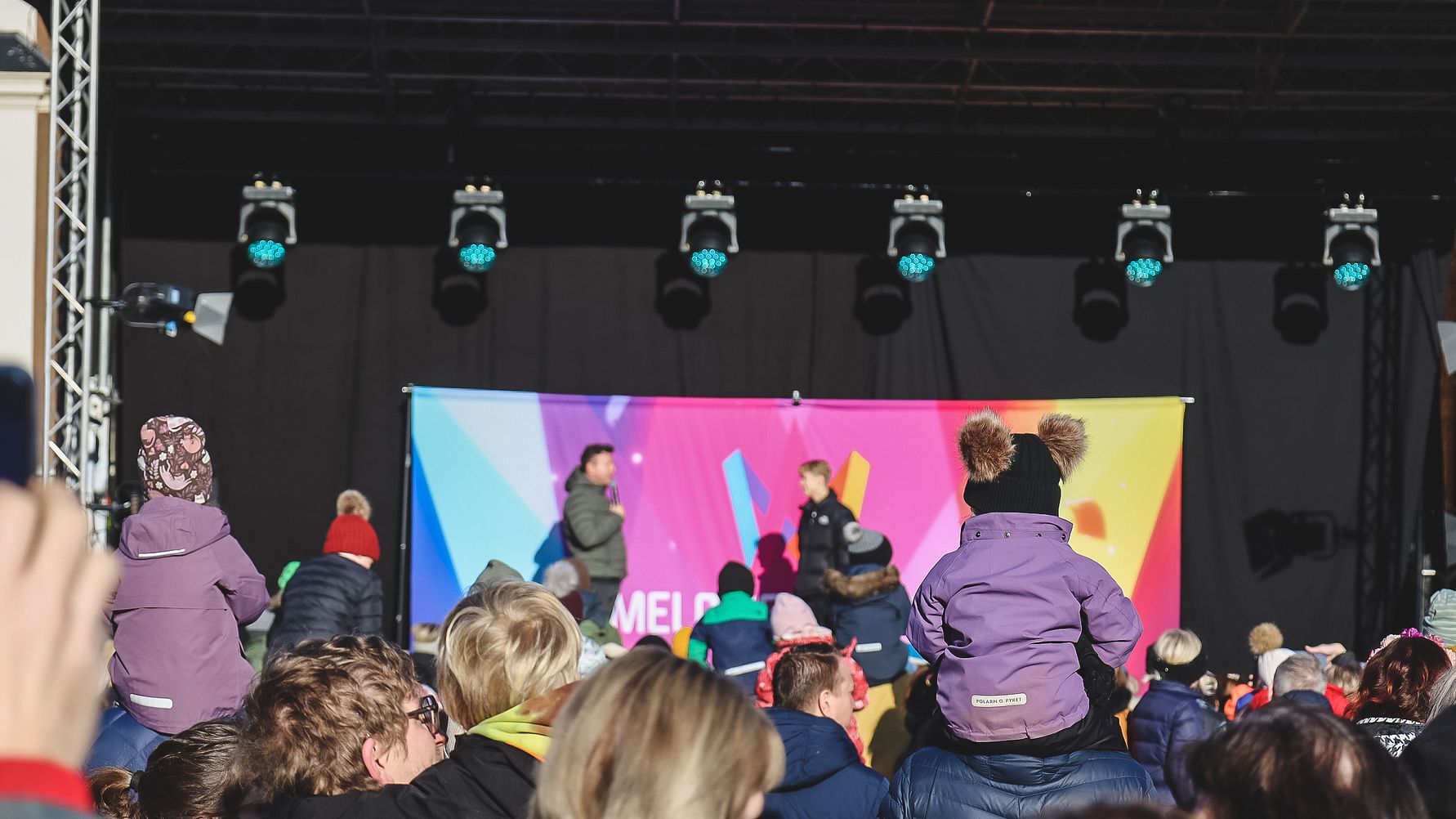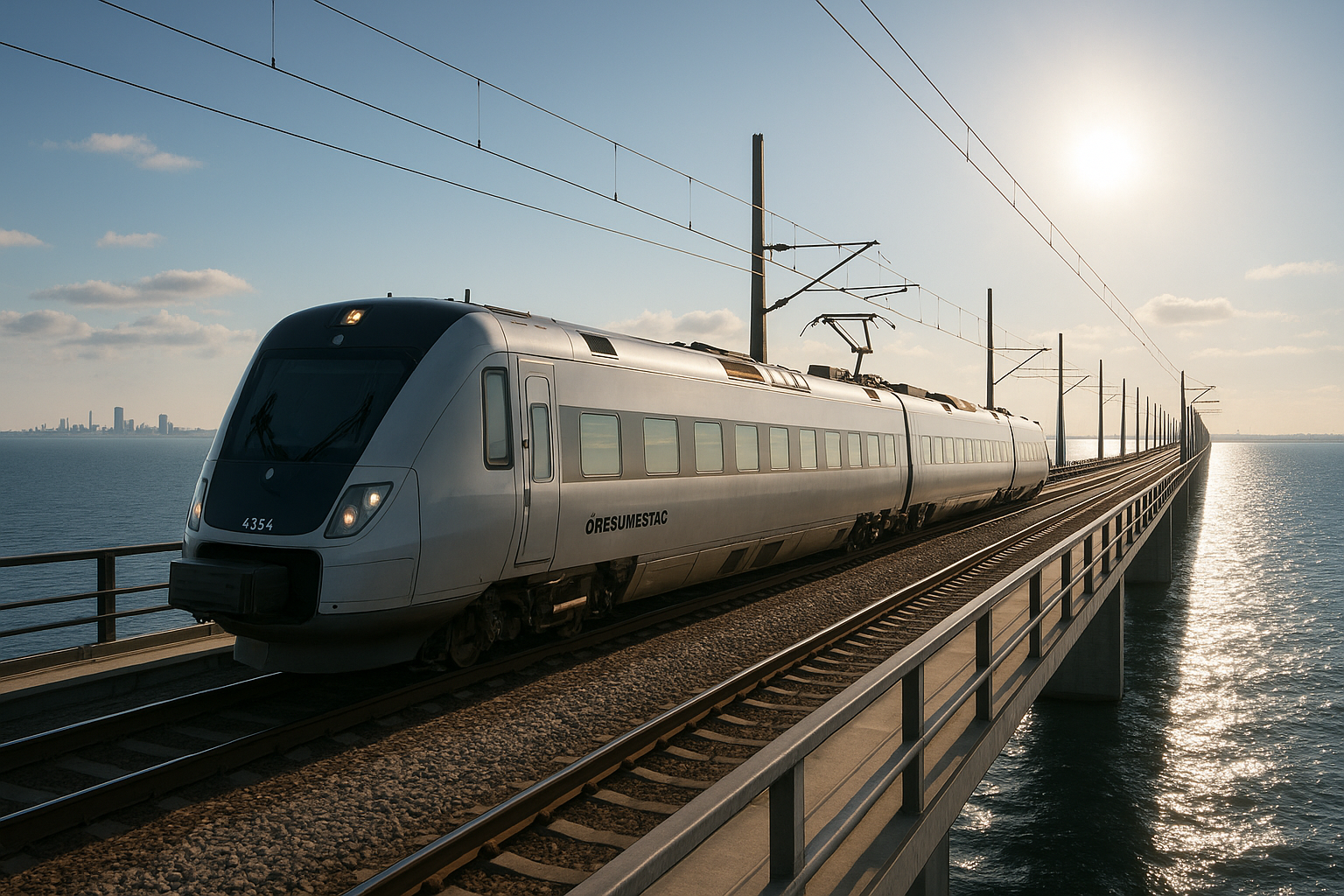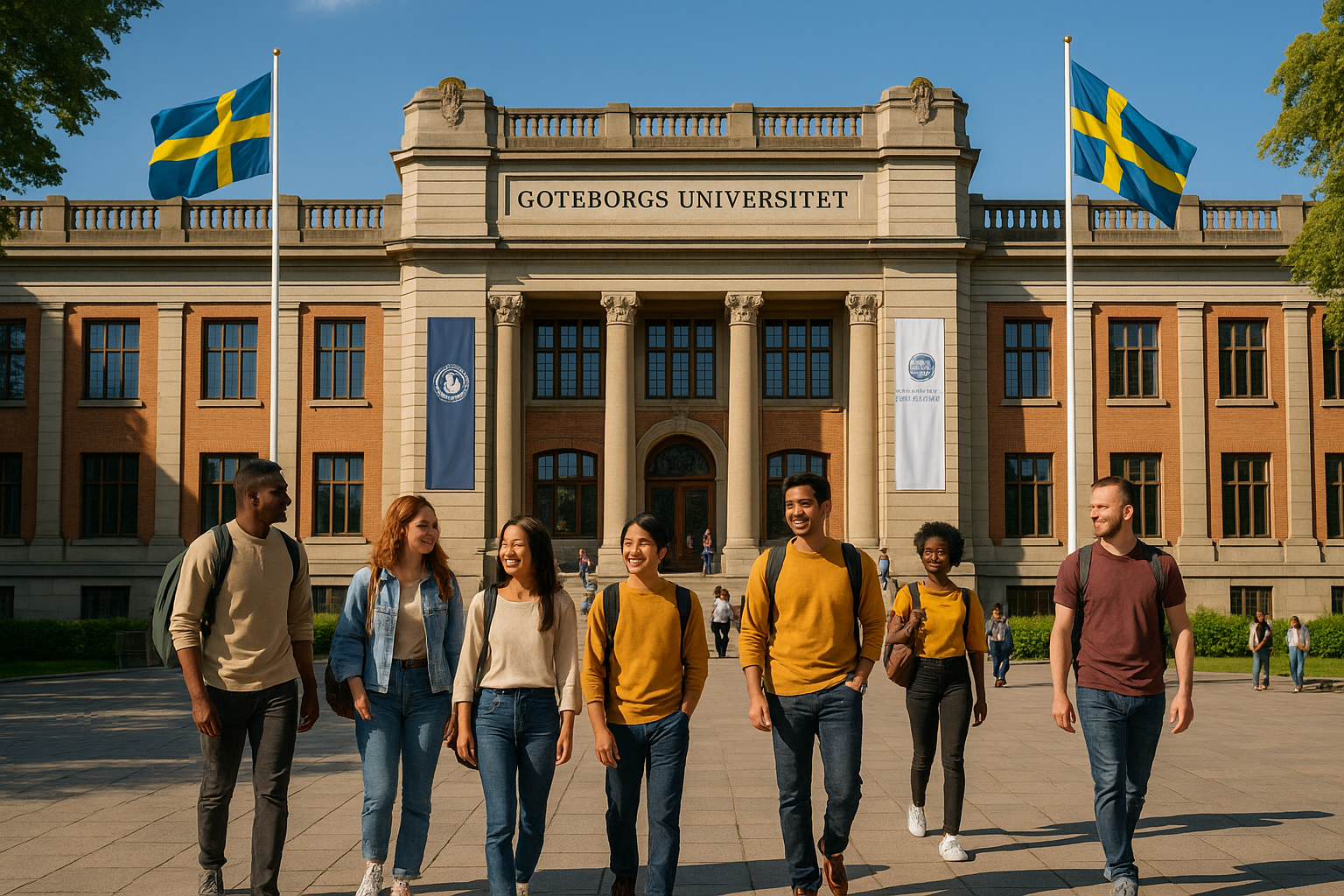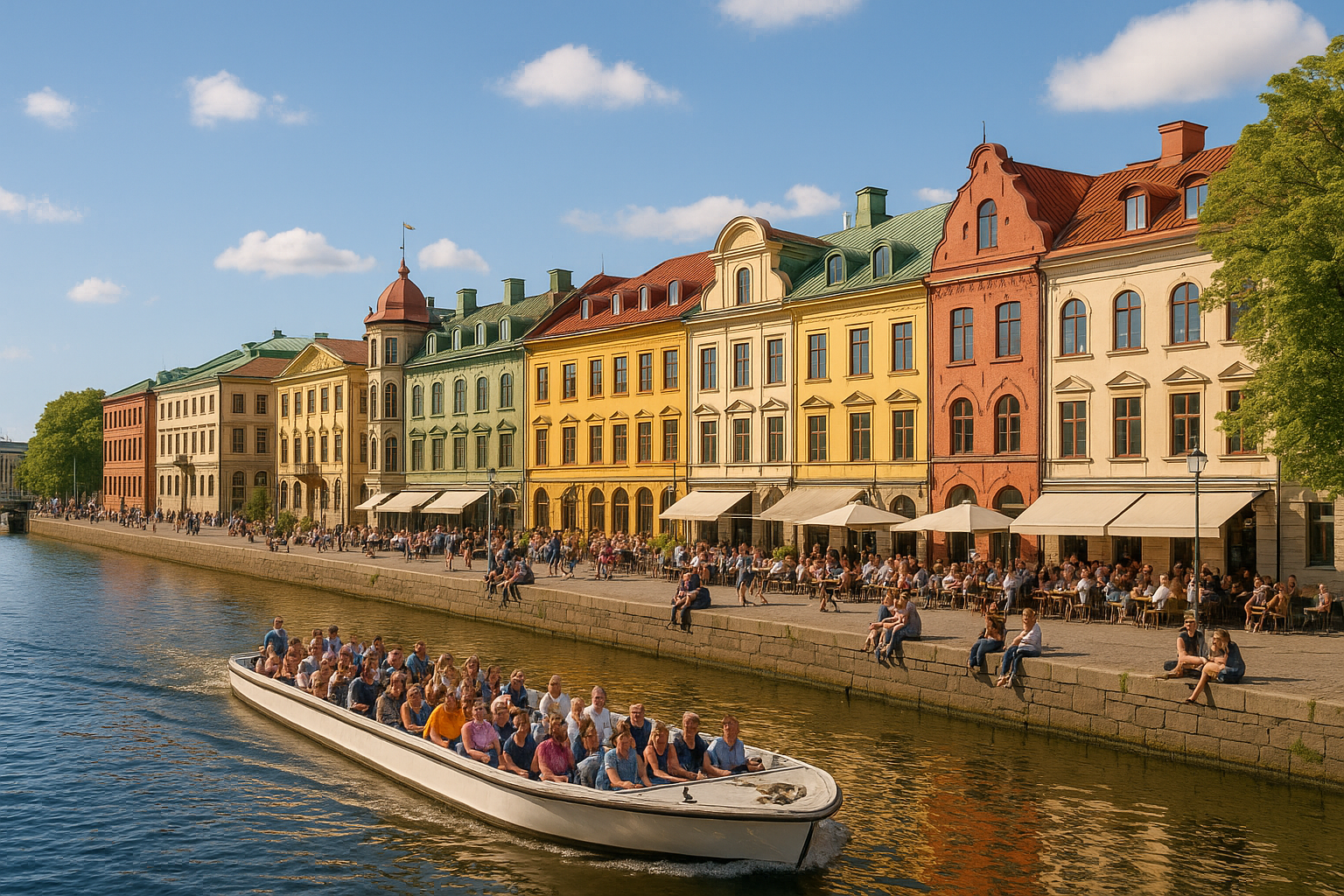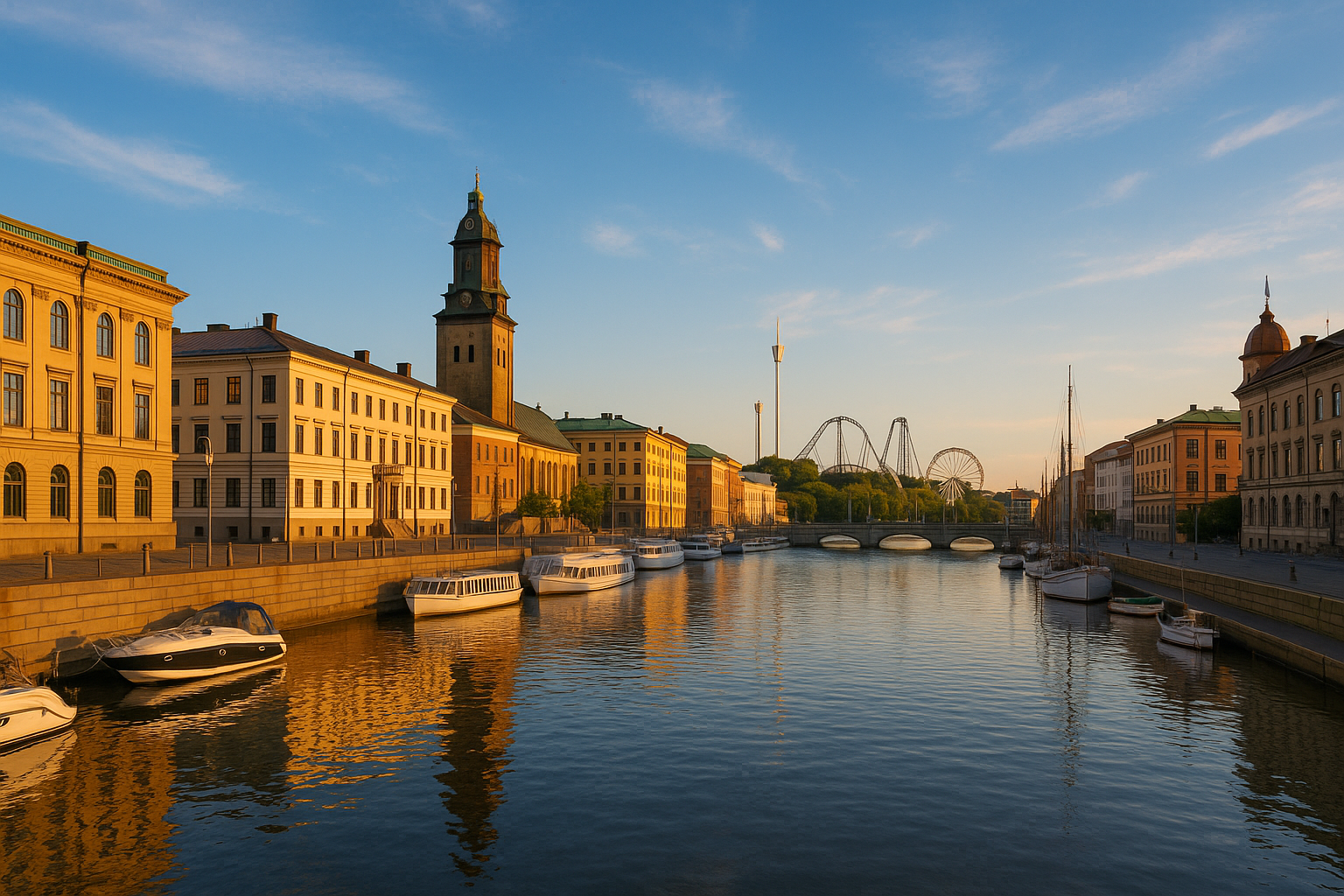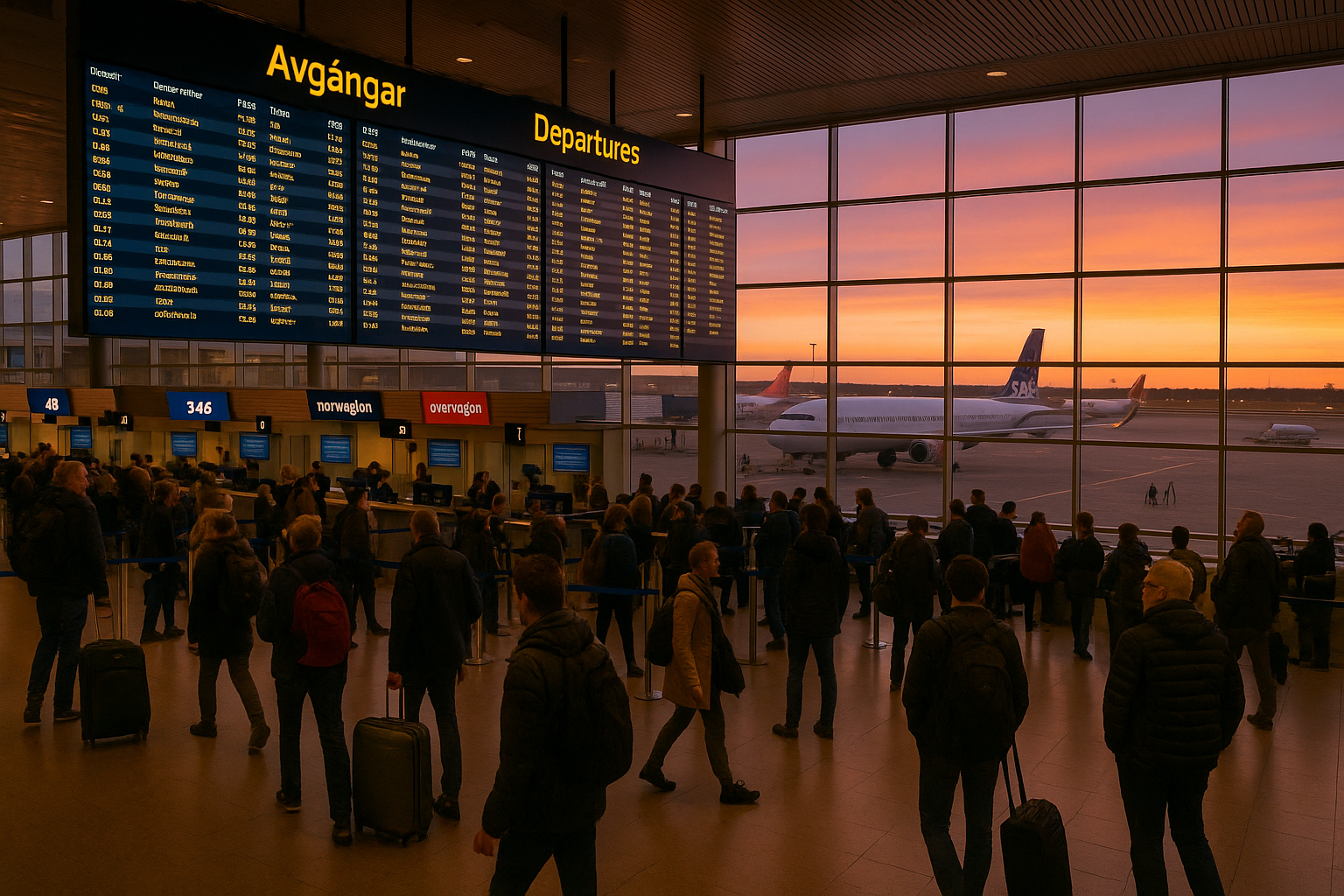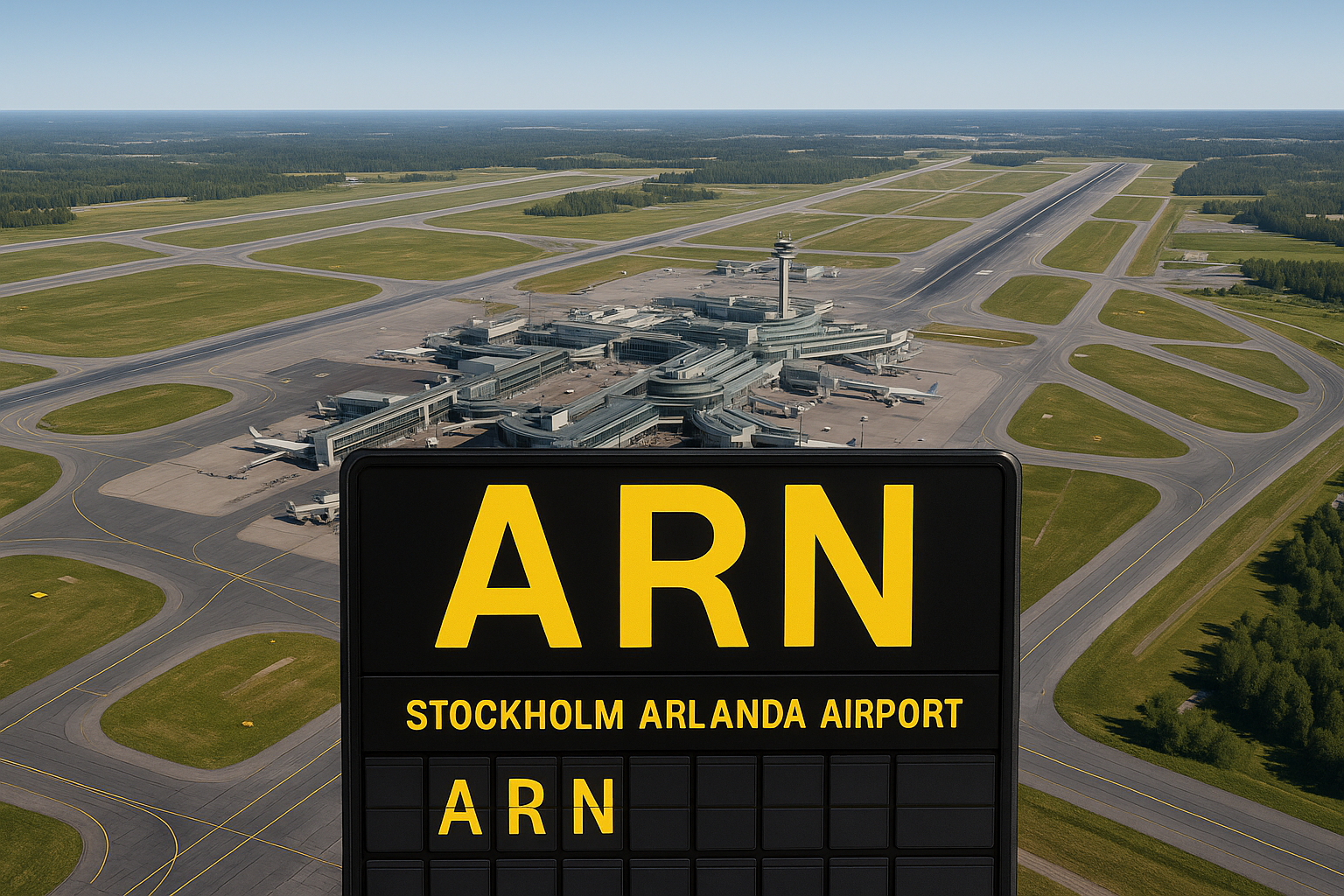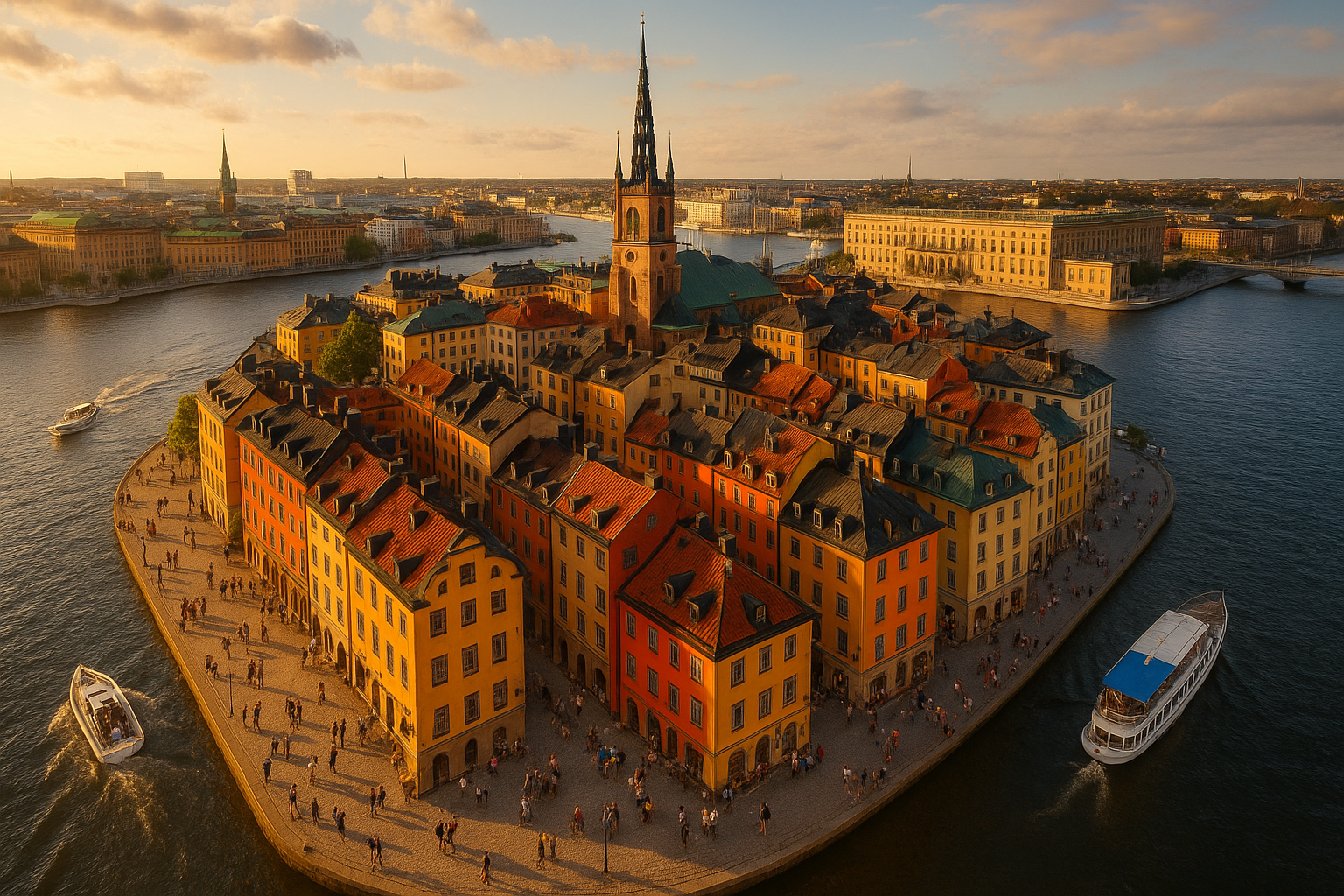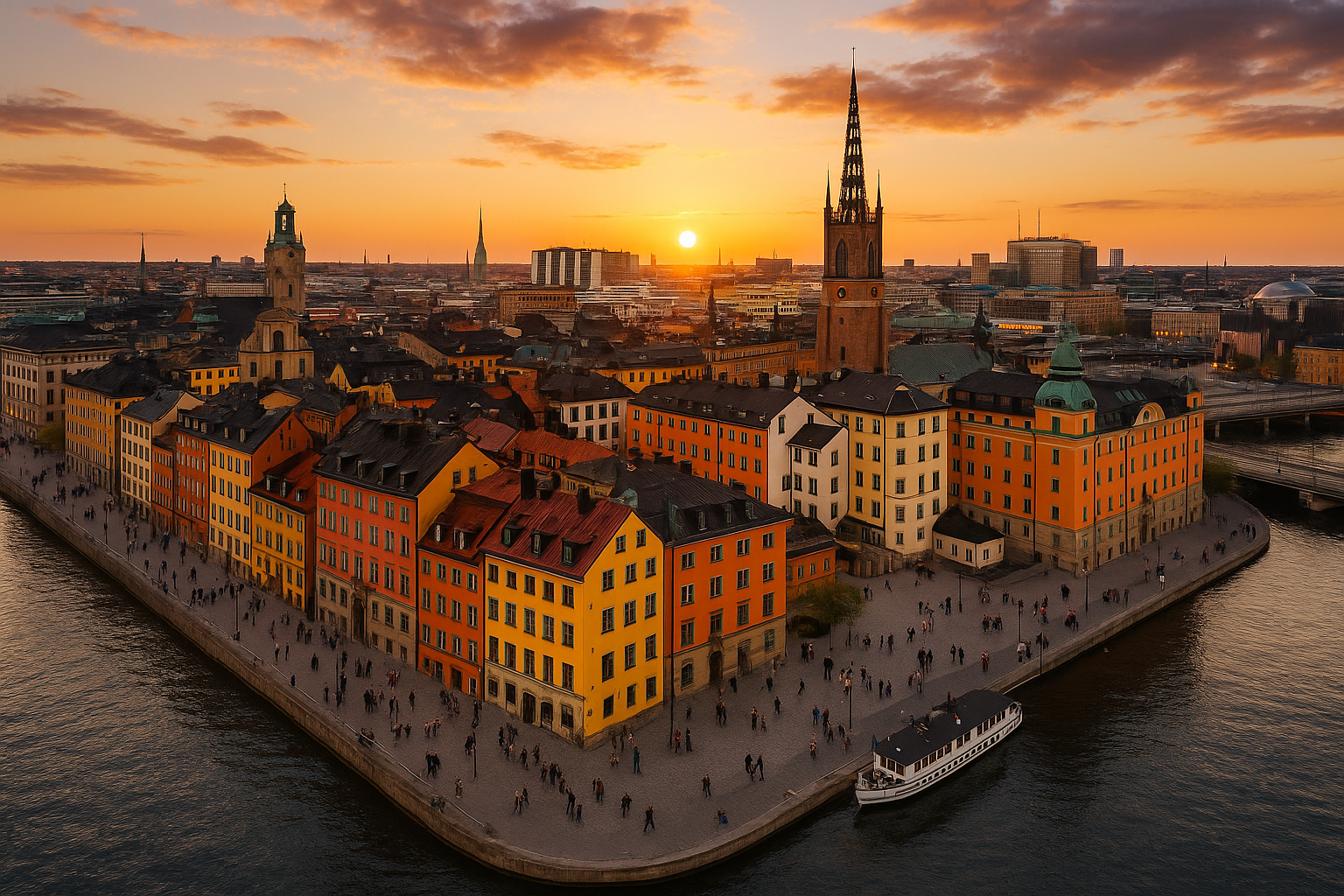Visby Medieval Week – Complete Festival Guide and History
Visby Medieval Week (Medeltidsveckan) transforms the UNESCO World Heritage city of Visby into a living medieval spectacle every August. This comprehensive guide covers everything you need to know about the 2025 festival, its rich history, and practical visitor information.
What is Visby Medieval Week?
Visby Medieval Week (Medeltidsveckan) is Scandinavia’s largest medieval festival, turning the walled city of Visby into an immersive medieval experience for eight days. With up to 600 events including tournaments, markets, performances, and parades, the festival celebrates the rich medieval heritage of Gotland and attracts visitors from around the world.
Origin and History
Founded in 1984, Medeltidsveckan began as a small historical seminar and has grown into an internationally recognized cultural event. The festival was initially created to highlight Visby’s medieval history and Gotland’s significant role during the Hanseatic period. According to the festival’s official website, what started as an academic event has evolved into a full-scale medieval experience that now attracts thousands of visitors annually.
Themes and Inspiration
The festival draws inspiration from Visby’s 13th and 14th-century golden age when it was a powerful Hanseatic trading center. Each year features special themes exploring different aspects of medieval life, from craftsmanship and culinary traditions to music and warfare. The historical Battle of Visby (1361), when Danish King Valdemar Atterdag conquered Gotland, often serves as a dramatic focal point for reenactments.
Dates and Program for Medieval Week Visby 2025
The 2025 Medieval Week will take place from August 3-10, 2025, which corresponds to week 32 in the Swedish calendar. This timing maintains the festival’s traditional schedule that has been consistent since its inception.
Event Overview
According to Gotland’s official tourism site, the 2025 program includes over 500 scheduled events throughout the week. Here’s a breakdown of the main program components:
| Event Type | Description | Primary Locations |
|---|---|---|
| Markets | Medieval crafts, food, and goods for sale | Almedalen Park, Stora Torget |
| Tournaments | Jousting, archery, and combat demonstrations | Tournament Fields (north of city walls) |
| Music & Theater | Period performances and wandering minstrels | St. Nicolai Ruin, Botanical Garden |
| Parades | Grand processions through the city | Starting at Österport, through city center |
| Workshops | Hands-on medieval crafts and skills | Various locations within the city walls |
Festival Highlights
The 2025 festival will feature several must-see events:
- Grand Opening Ceremony – August 3 at Almedalen Park with musical performances and the festival proclamation
- Battle of Visby Reenactment – August 6, commemorating the 1361 battle between Gotland farmers and the Danish army
- Royal Tournament – August 8-9, featuring international jousting champions
- Medieval Feast – Nightly banquets with period food, music, and entertainment
- Closing Ceremony – August 10, including a torch-lit procession through the city
Historical Background of Medieval Visby
Understanding Visby’s medieval significance enhances appreciation of the festival and its historical context.
Visby as a Hanseatic City
During the 12th-14th centuries, Visby flourished as one of the most important trading centers in the Baltic region and a key city in the Hanseatic League. The impressive 3.4 km limestone wall that still encircles the city was built during this period and stands as Northern Europe’s best-preserved medieval city wall. Wikipedia notes that this historical significance contributed to Visby being designated a UNESCO World Heritage Site in 1995.
The Battle of 1361
A pivotal moment in Visby’s history came in July 1361 when Danish King Valdemar Atterdag invaded Gotland. The local farmers assembled an army to defend the island but were defeated outside Visby’s walls. The aftermath of this battle is commemorated during the festival, honoring the approximately 1,800 defenders who died and were buried in mass graves that archaeologists later discovered.

Practical Tips for Visitors to Visby Medieval Week
Planning your visit to Medieval Week requires some preparation, especially as the small city of Visby becomes crowded during the festival.
Travel and Accommodation
Visby is accessible by air and sea:
- By Air – Direct flights to Visby Airport from Stockholm (40 minutes), Gothenburg, and Malmö
- By Ferry – Ferries from Nynäshamn and Oskarshamn to Visby operated by Destination Gotland
- Accommodation – Book at least 6-8 months in advance as hotels, guesthouses, and camping sites fill up quickly
Participation and Costumes
While not required, dressing in medieval-inspired clothing enhances the experience. You can:
- Rent costumes from vendors in Visby (advance booking recommended)
- Purchase medieval garb from artisans at the market
- Make simple costumes with online tutorials provided on the festival website
Many visitors enjoy the immersive aspect of wearing period clothing, but casual modern attire is perfectly acceptable for observers.
Economic and Cultural Impact
Medieval Week has become a vital economic driver for Gotland and a significant cultural event in Sweden.
Visitor Numbers and Economic Benefits
According to data from previous years, Medieval Week attracts approximately 40,000 visitors annually. The economic impact is substantial – in 2014, visitors spent 204 million SEK during the festival week, as reported by Mitt Visby. This influx provides critical seasonal revenue for local businesses, restaurants, and accommodation providers.
Awards and Recognition
The festival has received numerous accolades throughout its history, including:
- Sweden’s Great Tourism Prize in 2020 (for the second time)
- Recognition as one of Europe’s top historical festivals by international tourism publications
- Praise for cultural preservation and educational value
The event has evolved from a local celebration to an internationally recognized festival that draws participants from across Europe and beyond.
Frequently Asked Questions About Visby Medieval Week
When exactly does Medieval Week take place in 2025?
Medieval Week 2025 runs from August 3-10, corresponding to week 32 in the Swedish calendar. The festival always takes place during this traditional week, as it has since 1984.
What is the cost to attend Medieval Week events?
While walking around Visby and enjoying the atmosphere is free, many events require tickets. Prices range from 50-300 SEK per event, with tournament shows typically being the most expensive. Festival passes offering access to multiple events are available from approximately 800 SEK.
Do I need to wear a costume to participate?
No, costumes are not required. While many visitors and participants dress in medieval-inspired clothing to enhance the atmosphere, casual modern attire is perfectly acceptable. Costume rentals are available in Visby if you wish to participate more fully.
What are the must-see events during Medieval Week?
Don’t miss the grand opening ceremony, the Battle of Visby reenactment, the royal tournament featuring international jousting champions, the medieval marketplace, and the evening concerts in St. Nicolai ruin. The nightly banquets with period food are also highly recommended for an immersive experience.
How can I get to Visby during the festival?
Visby is accessible by both air and sea. Direct flights operate from Stockholm (40 minutes), Gothenburg, and Malmö to Visby Airport. Alternatively, ferry services run from Nynäshamn and Oskarshamn to Visby harbor. During festival week, additional transportation options are typically added to accommodate the increased visitor numbers.

